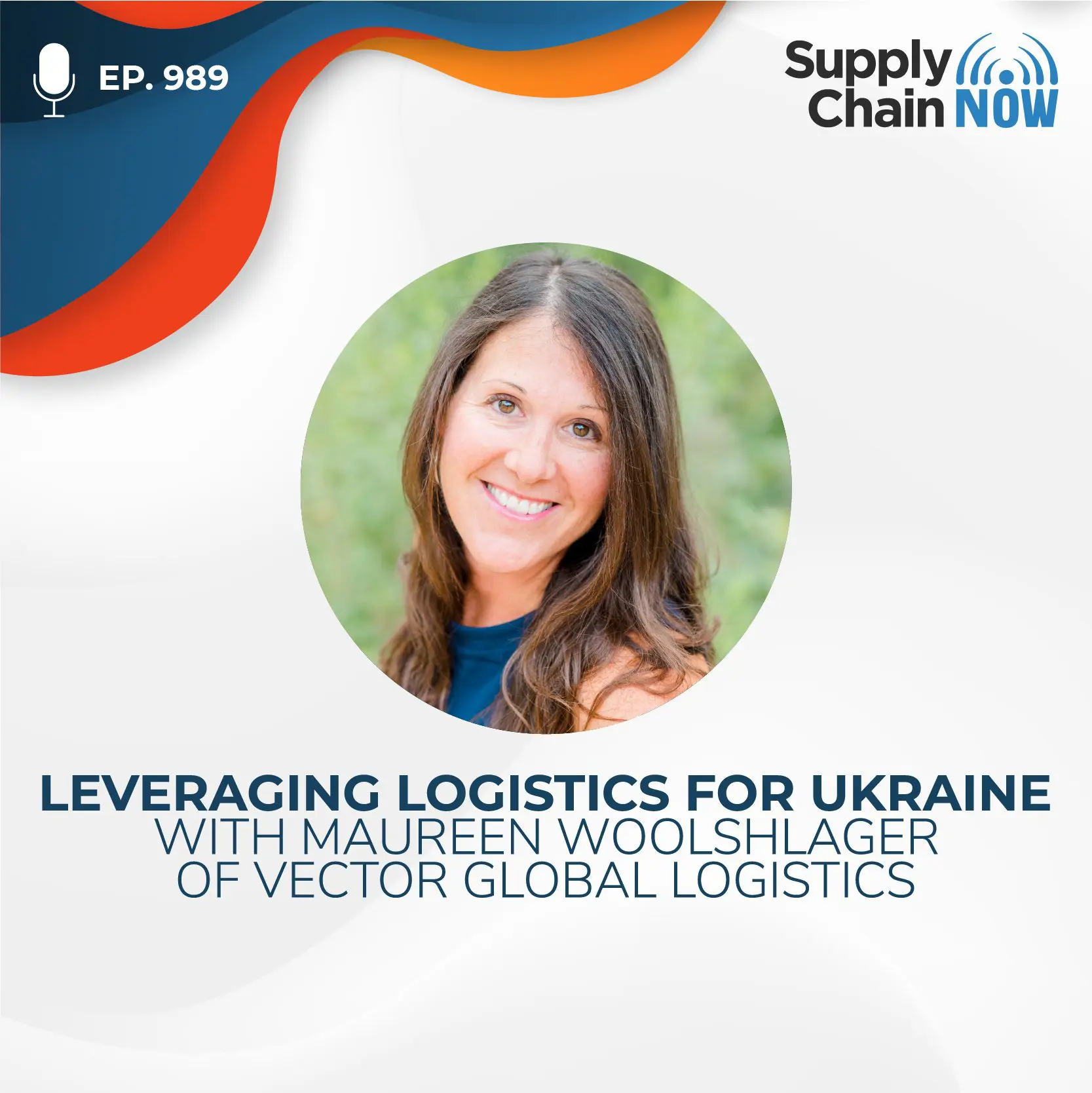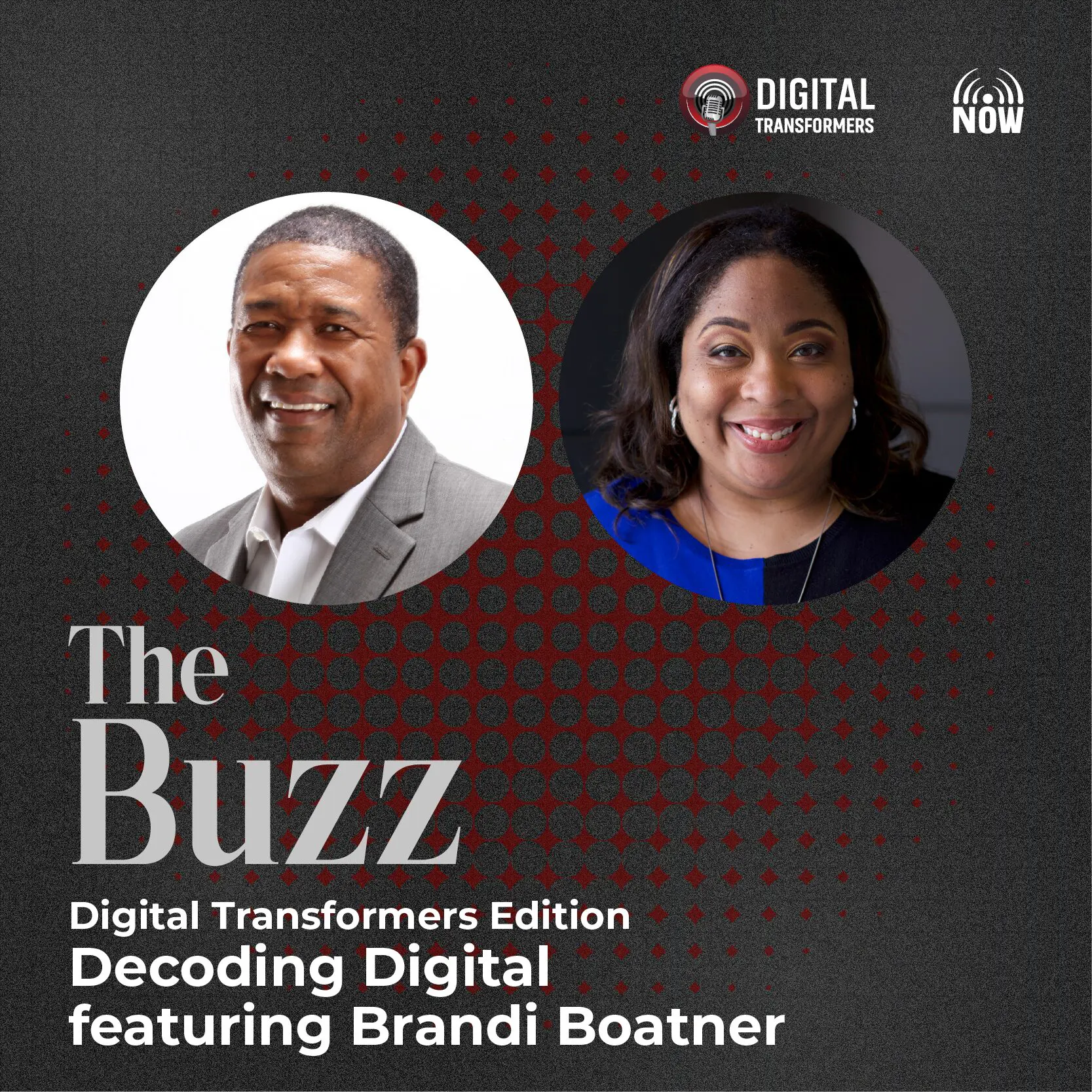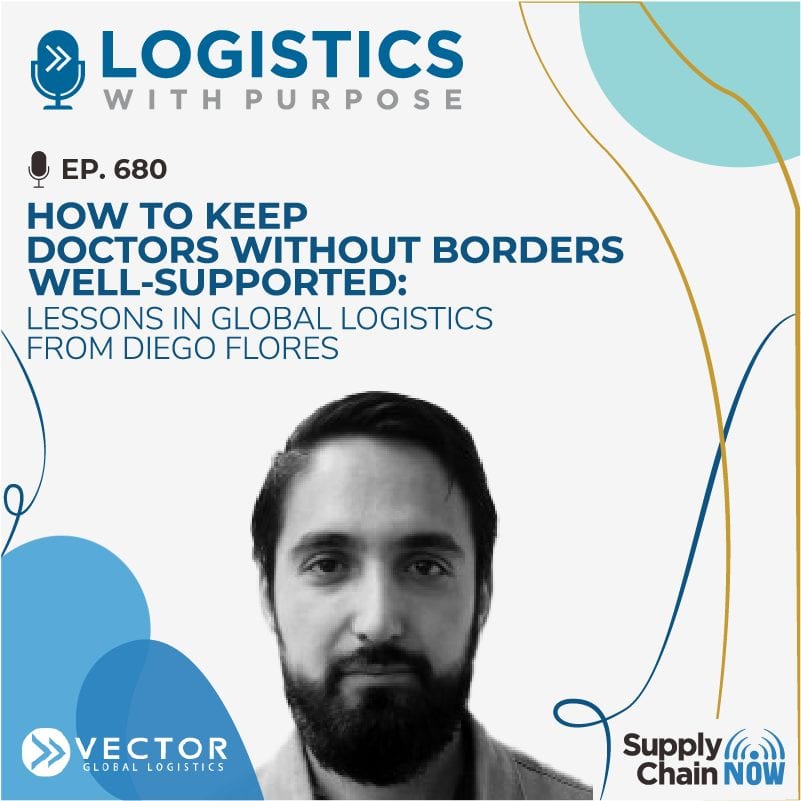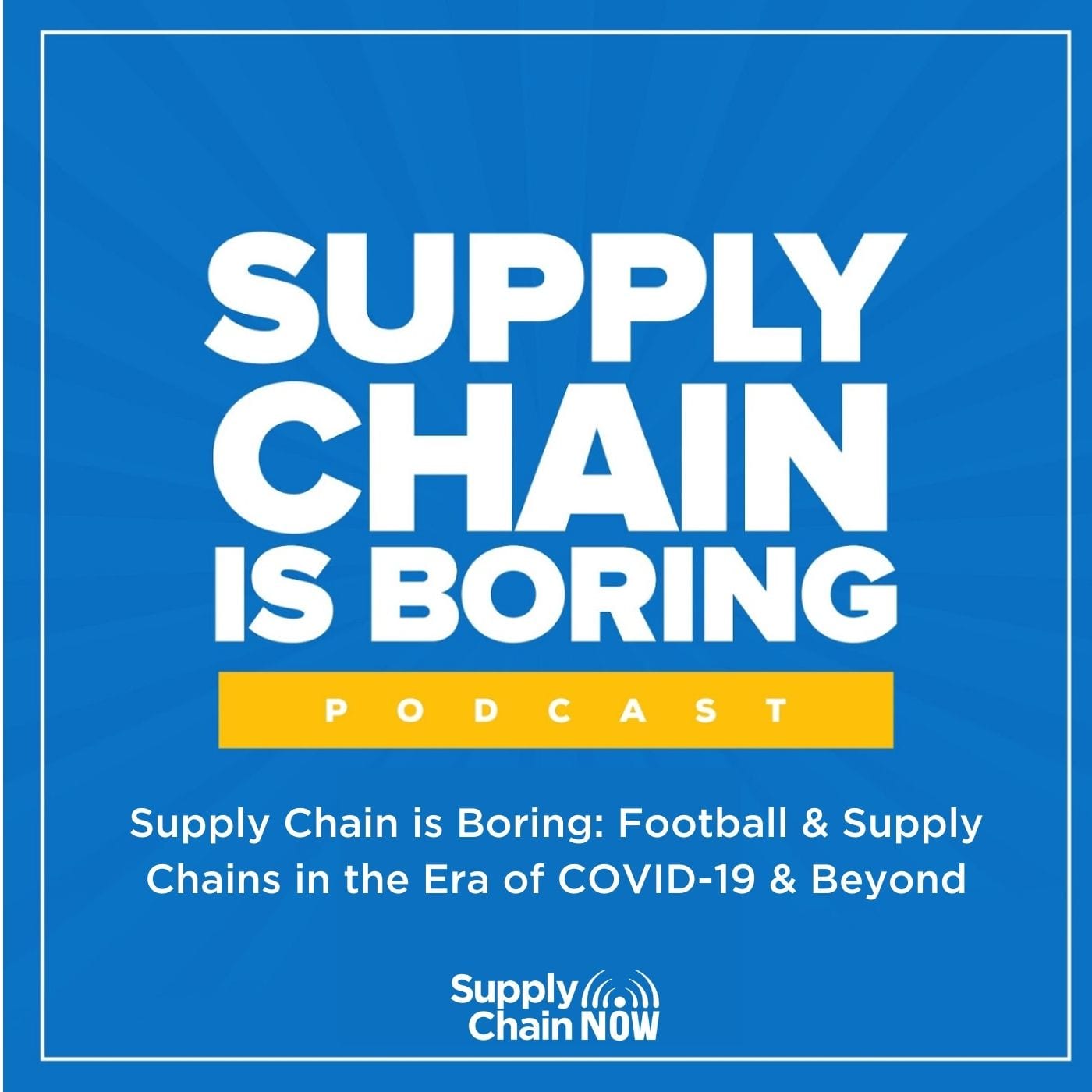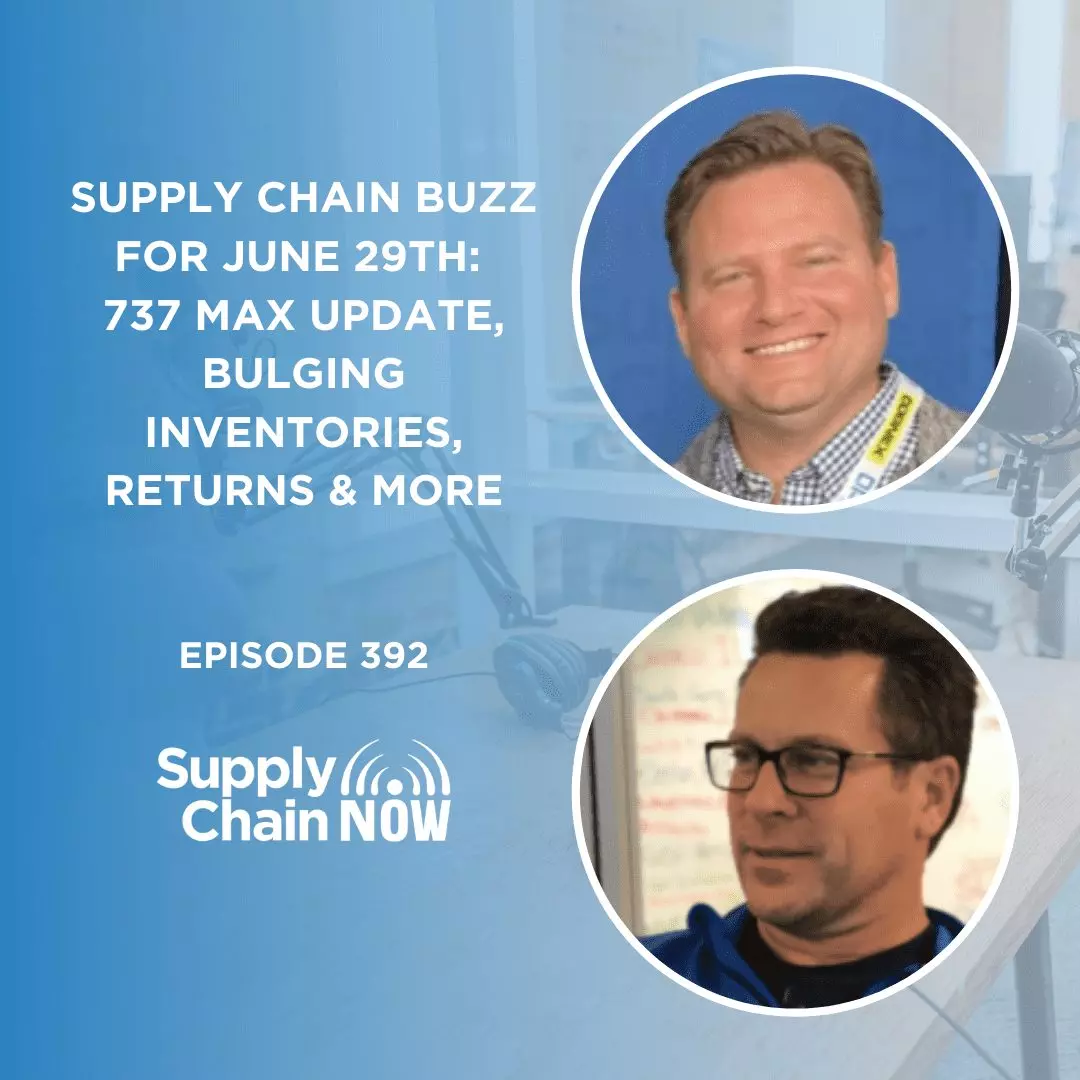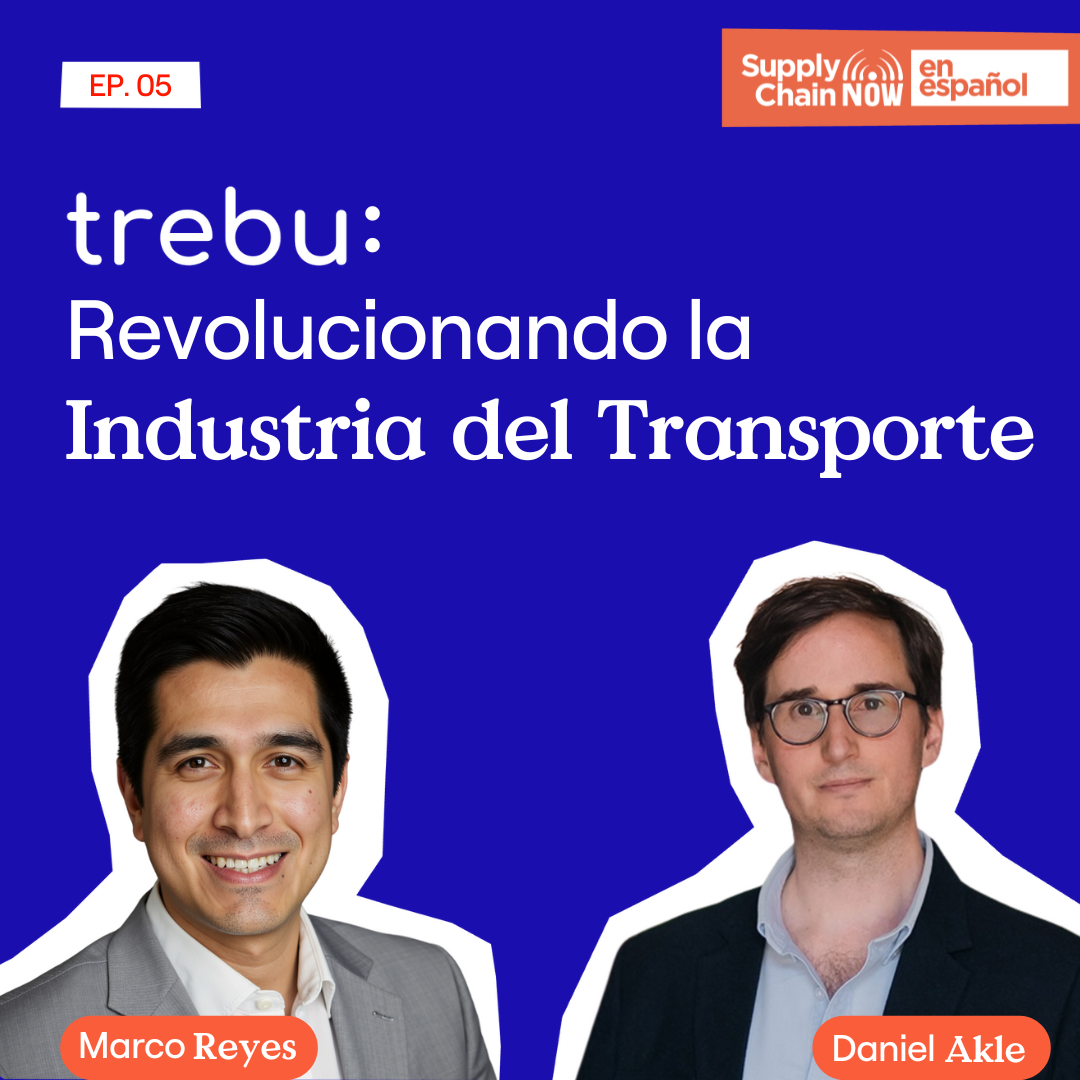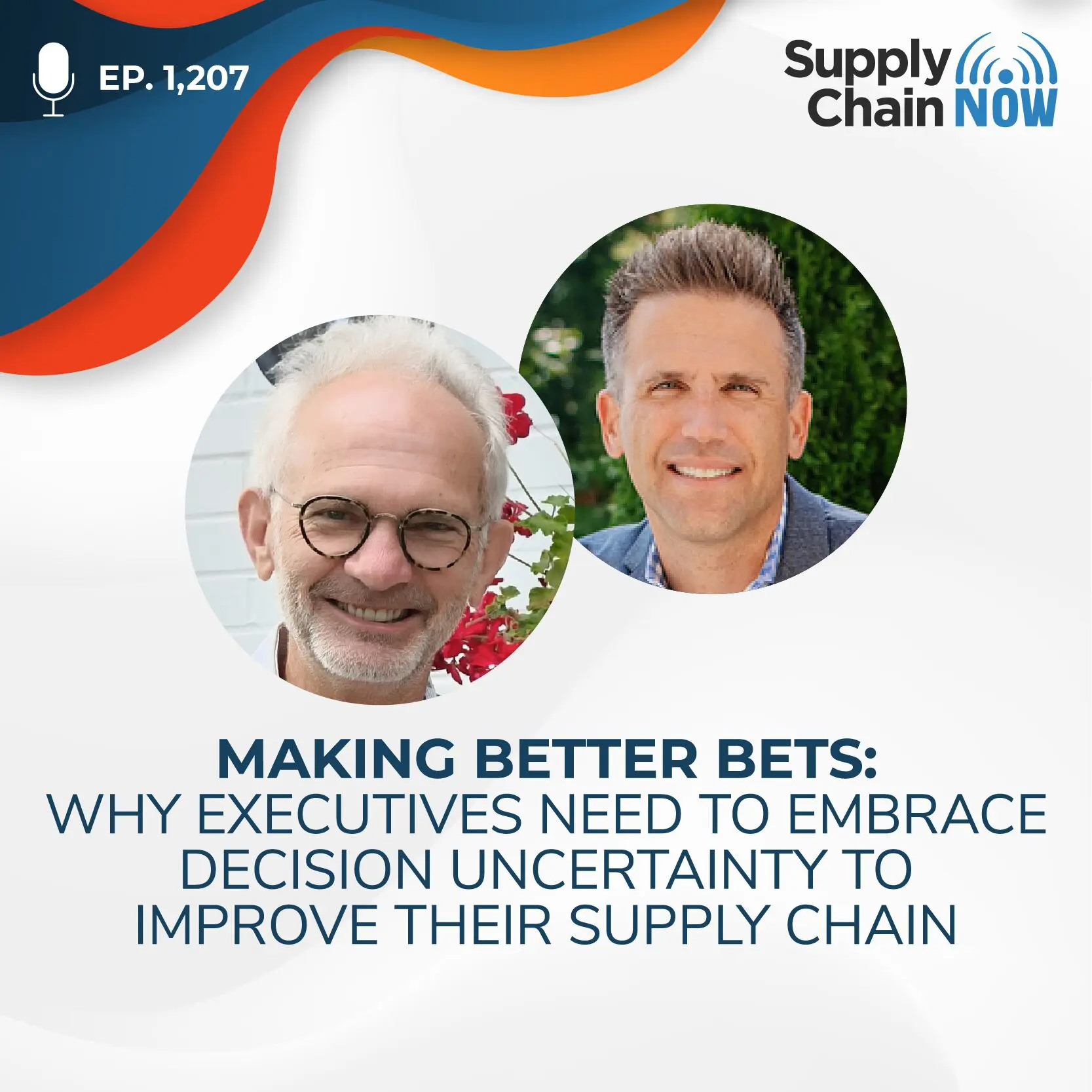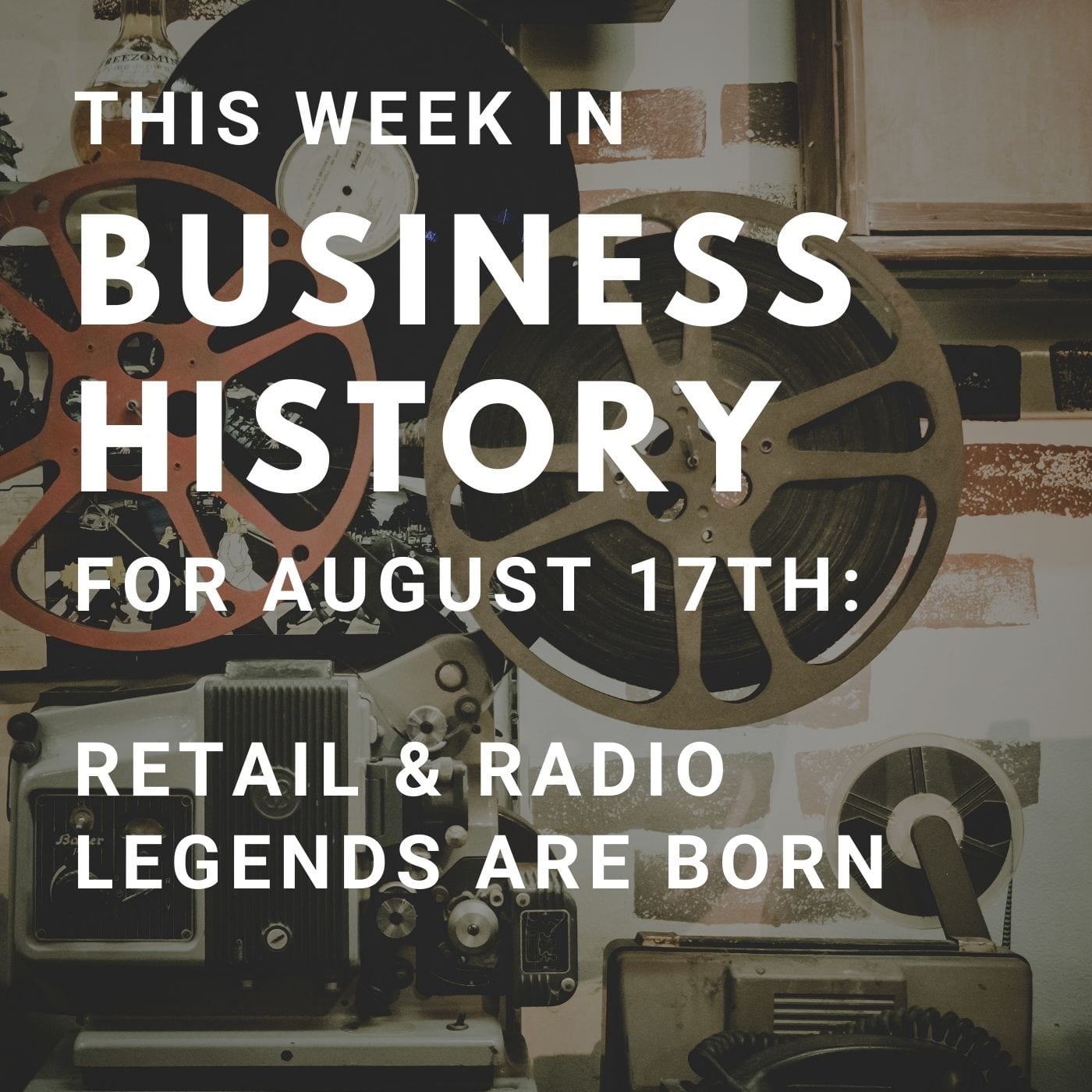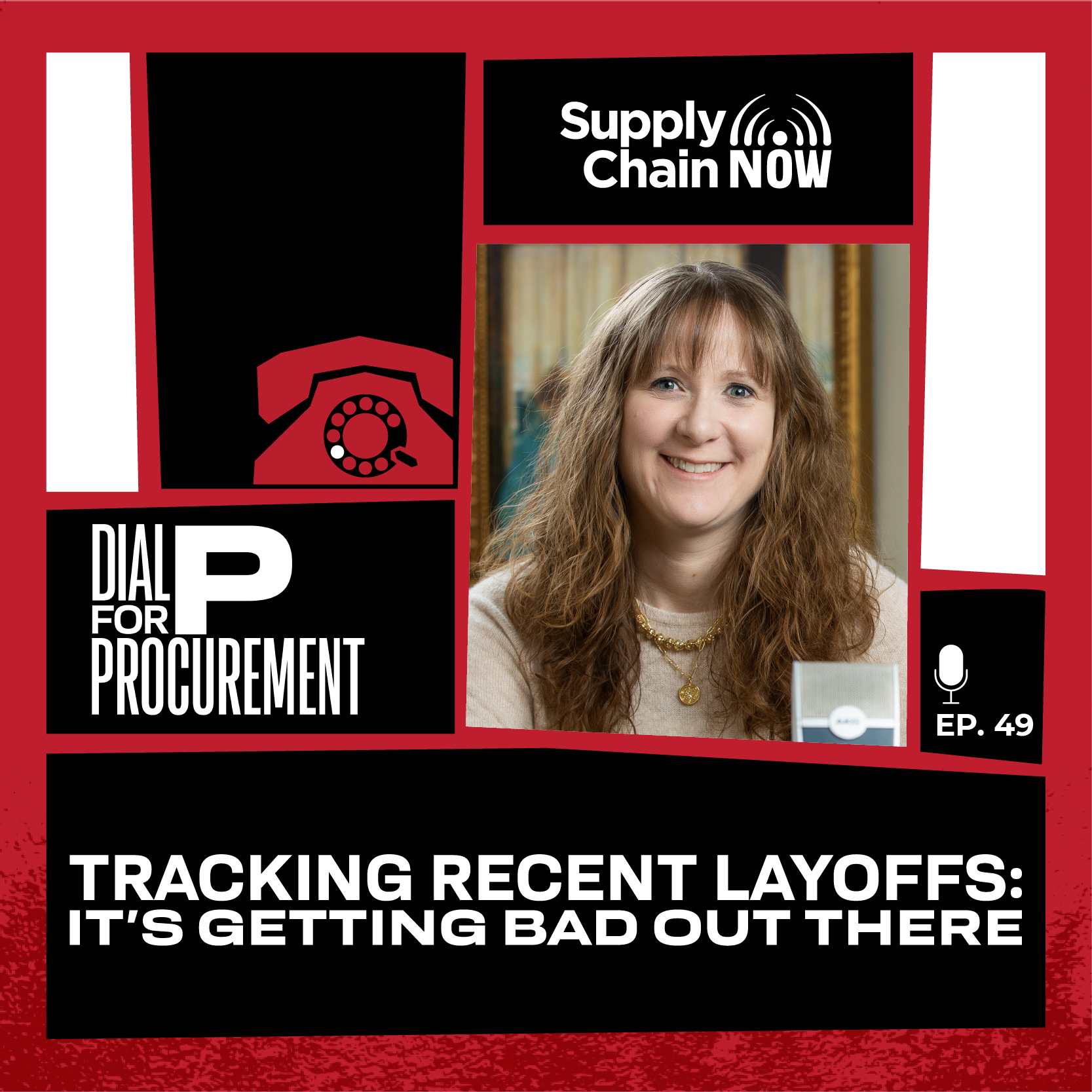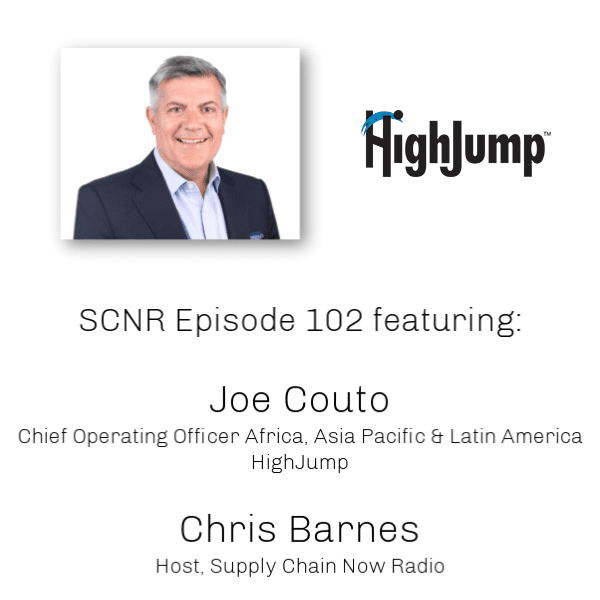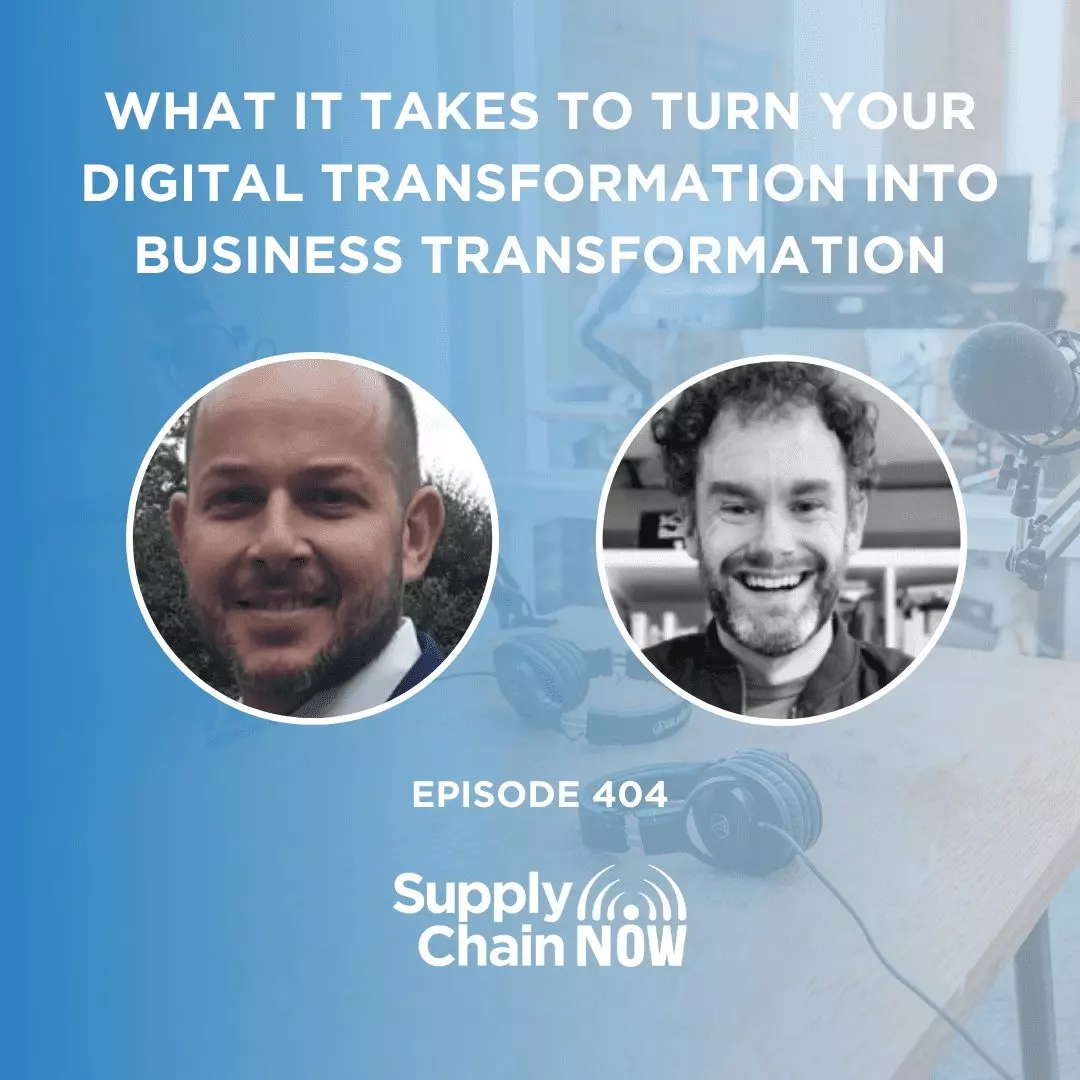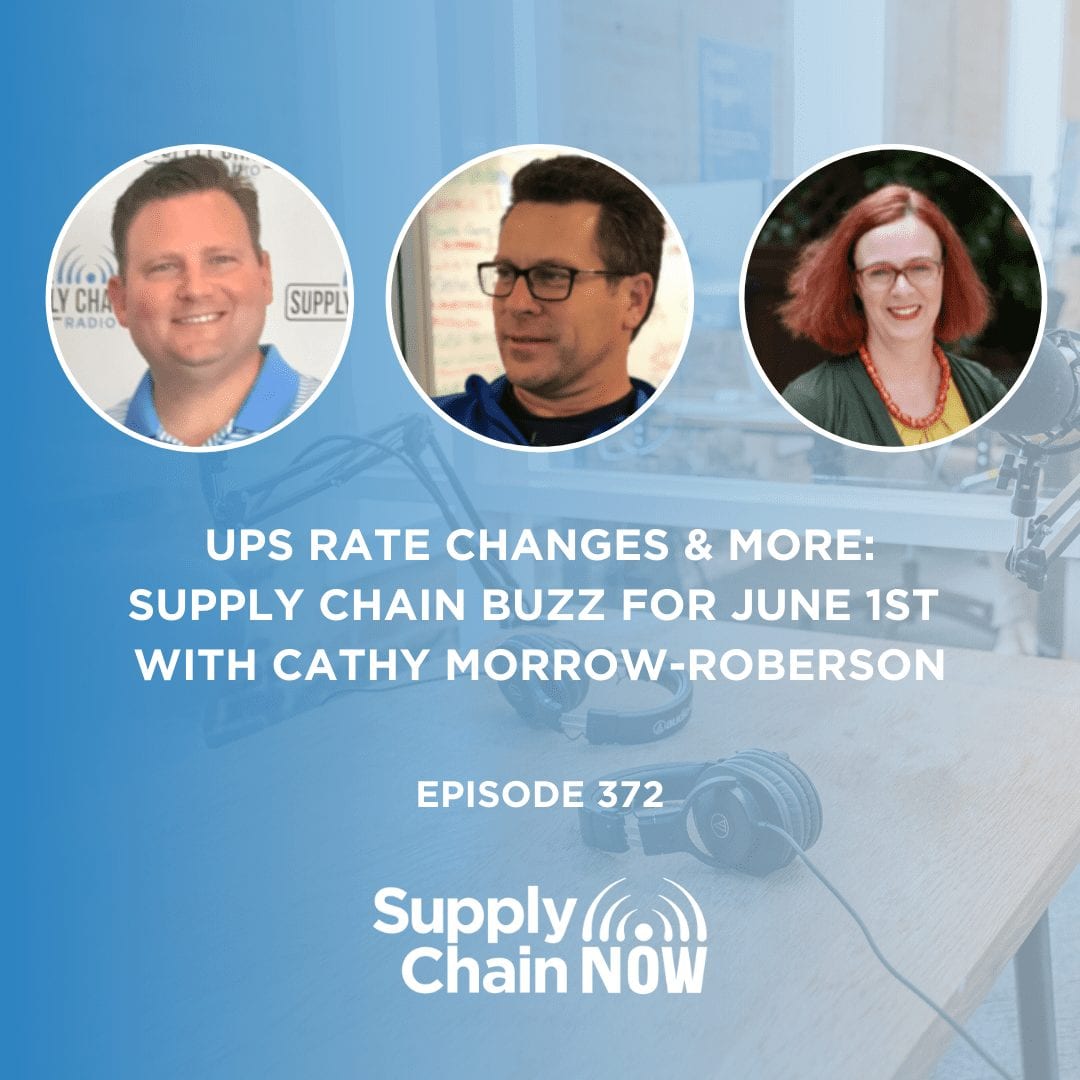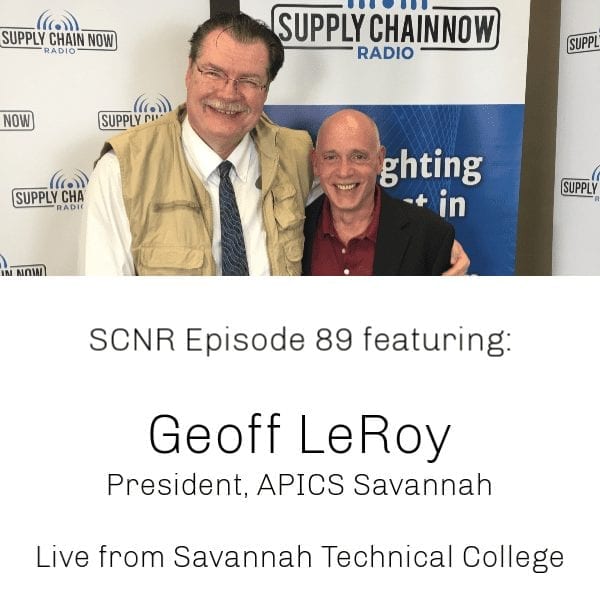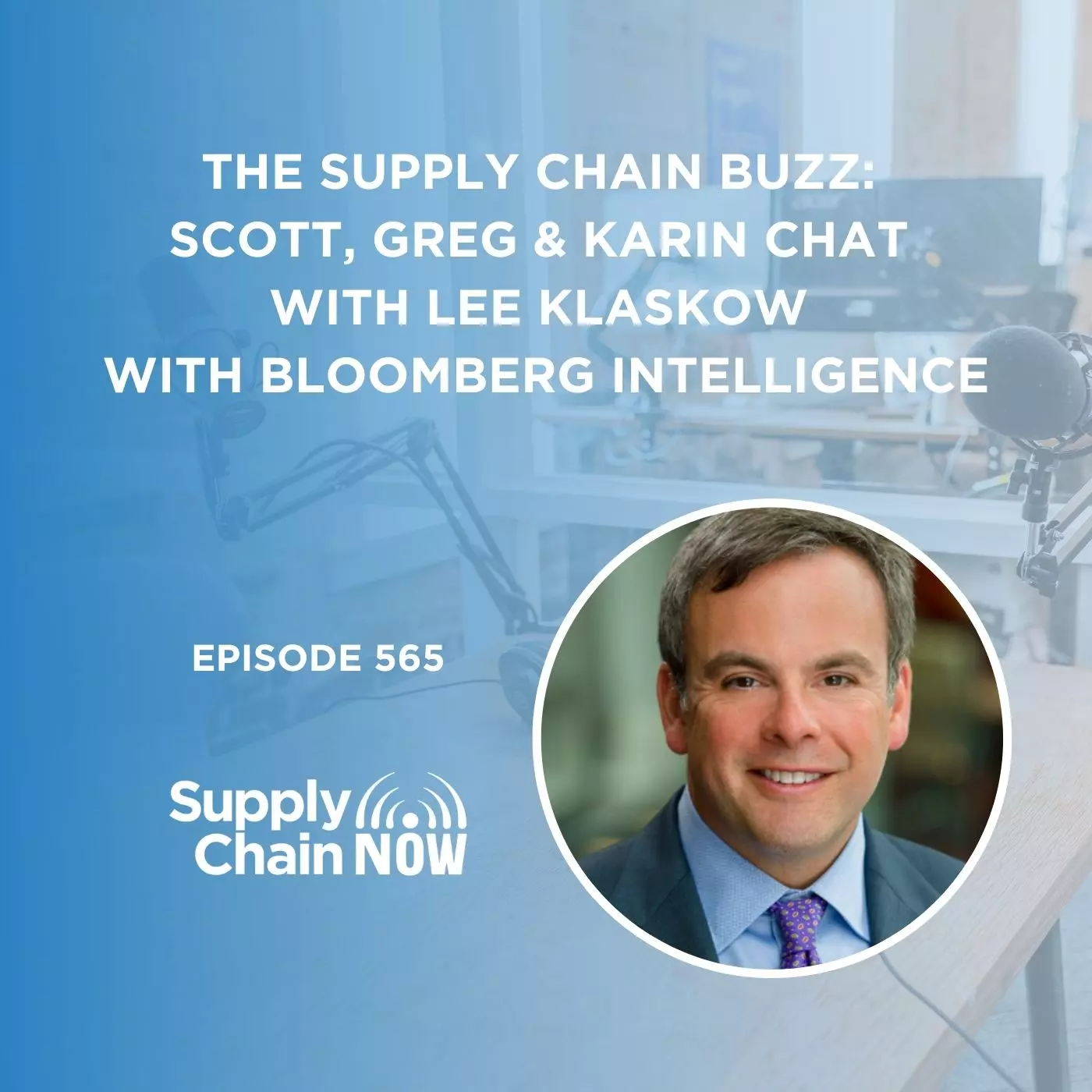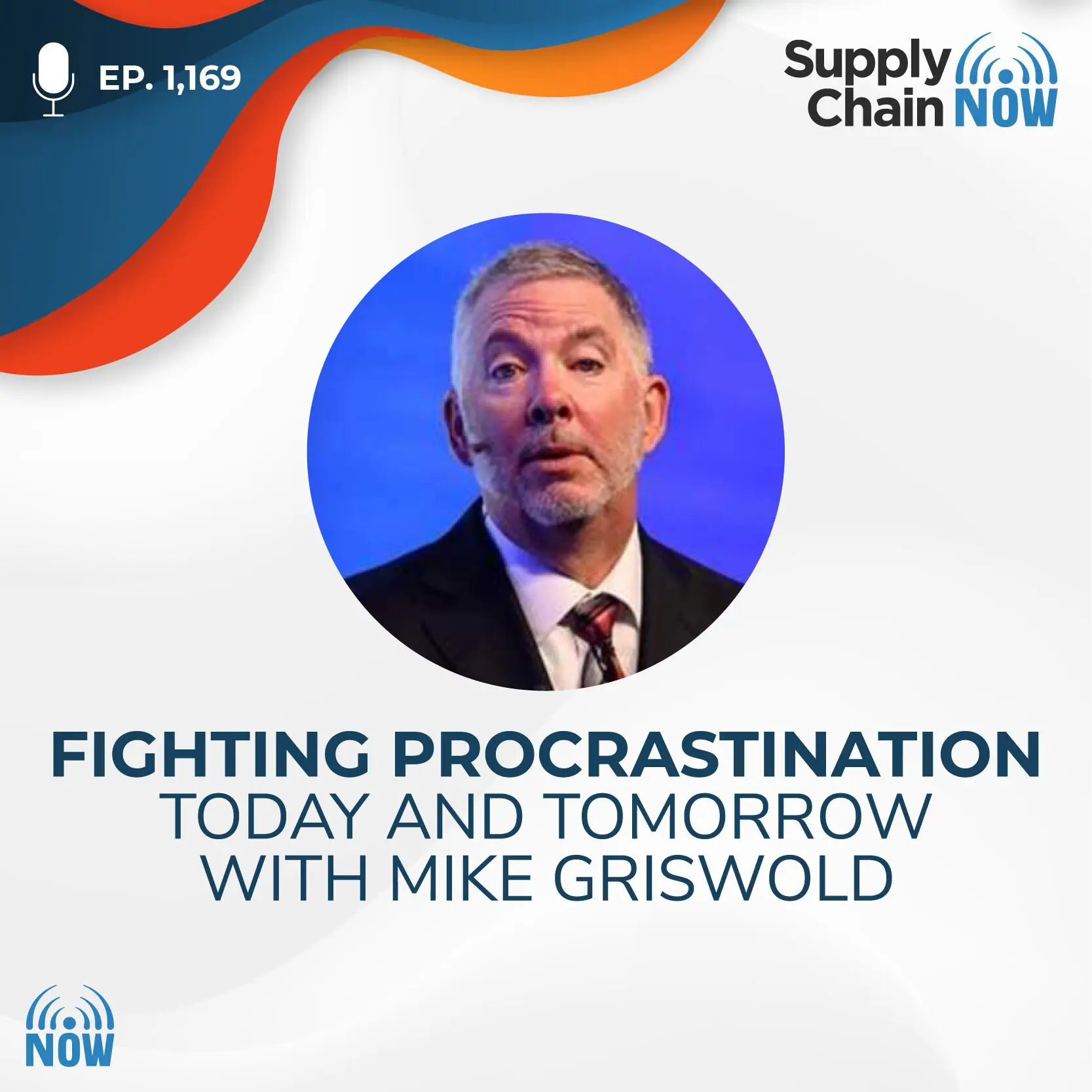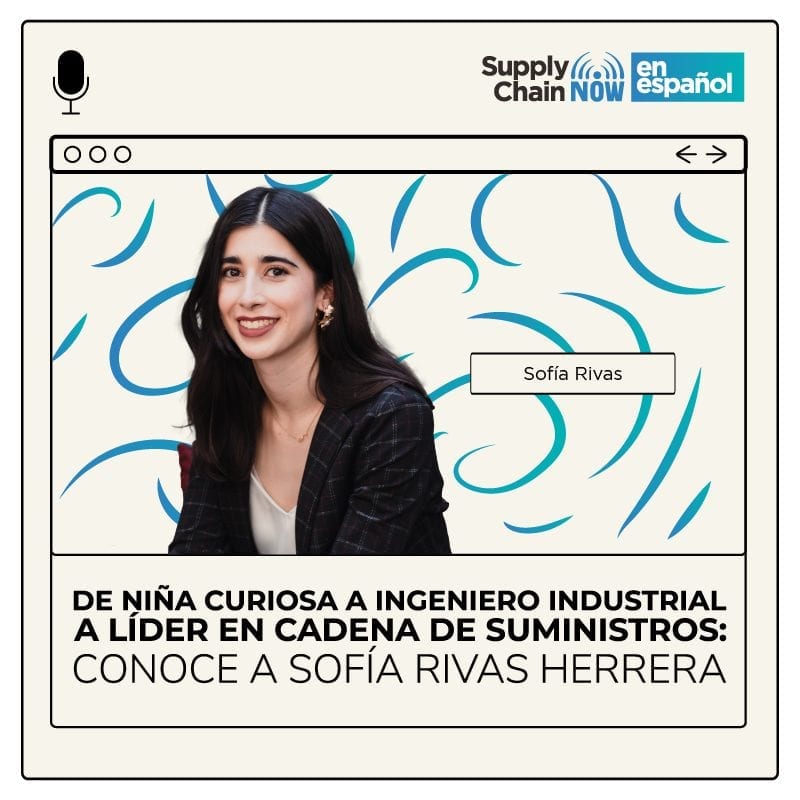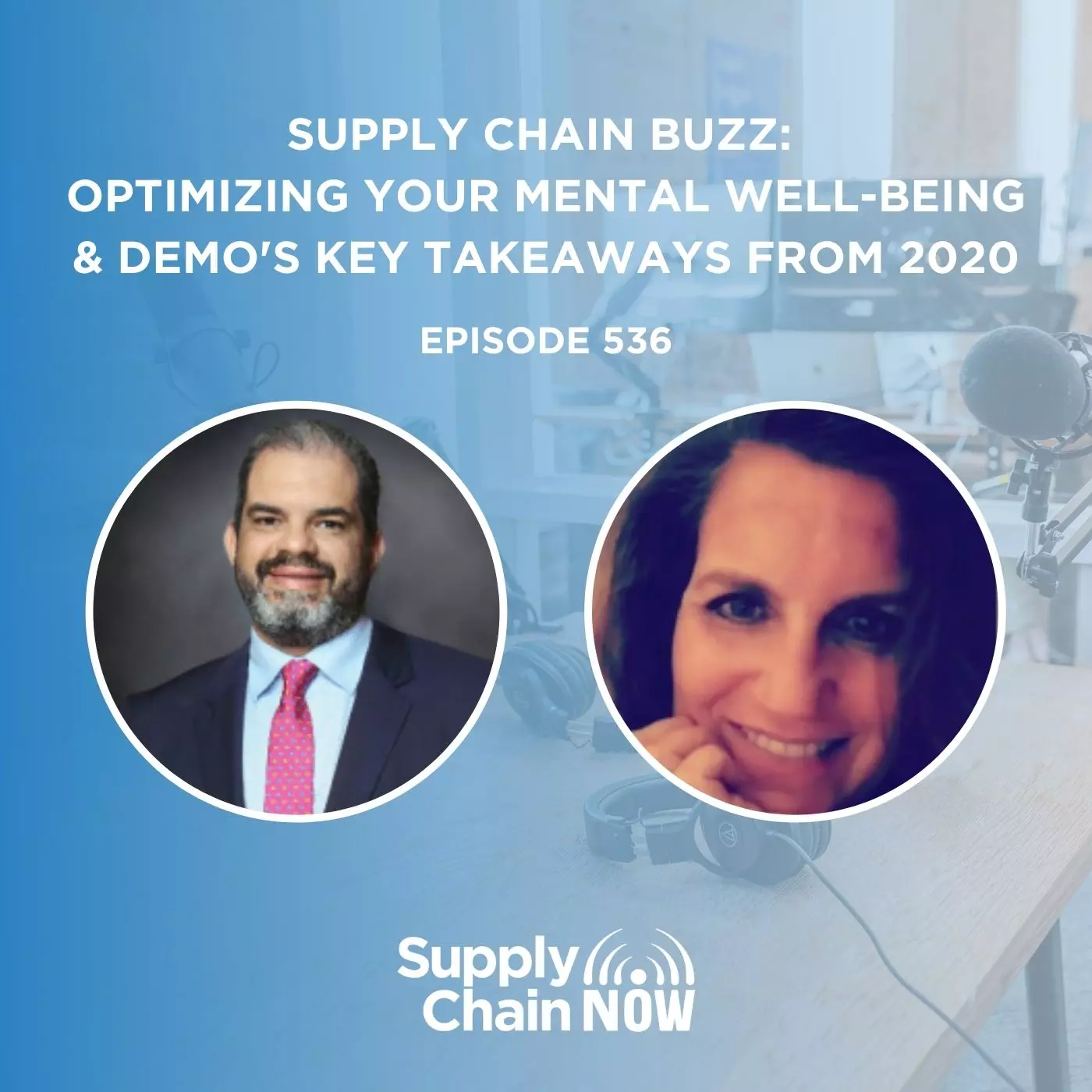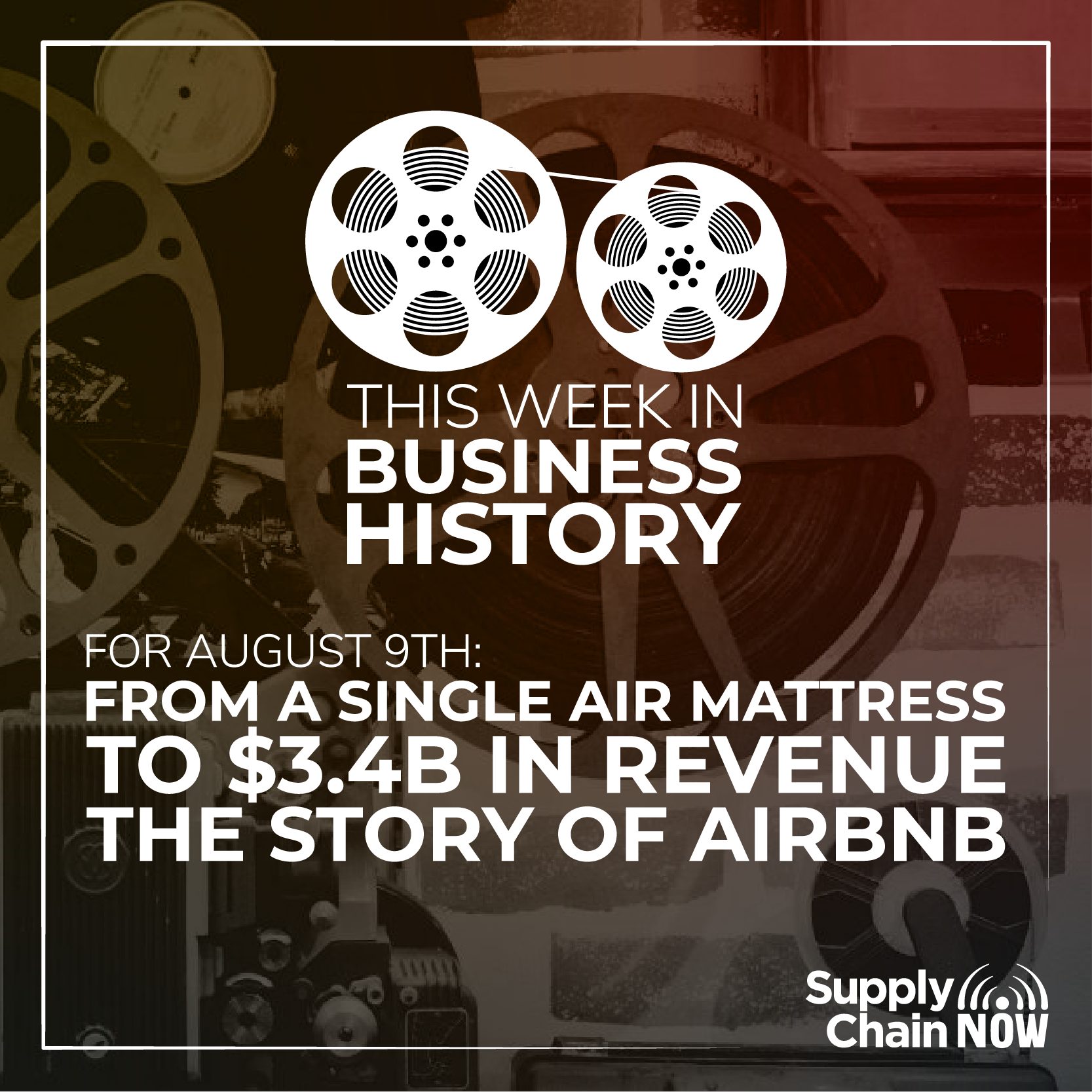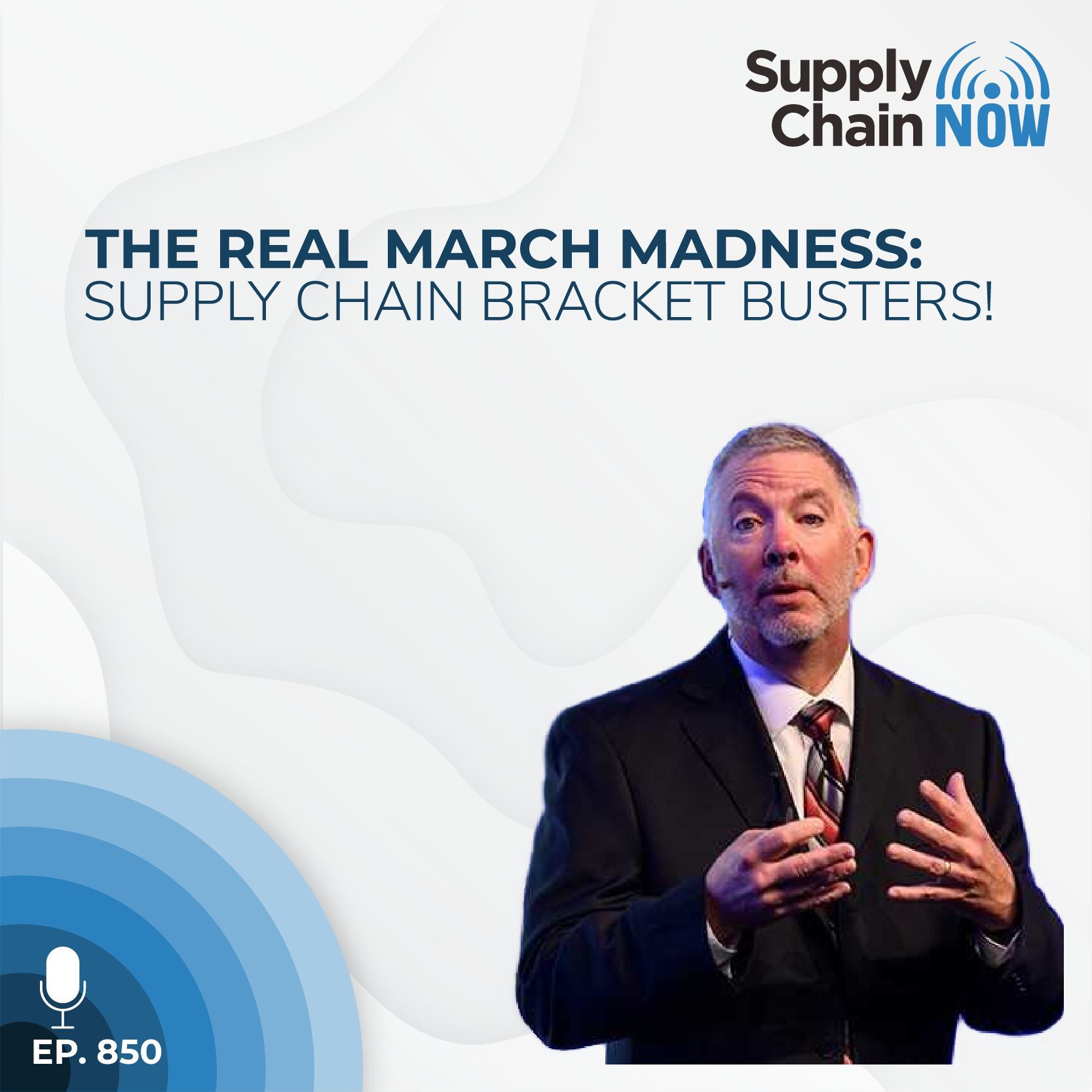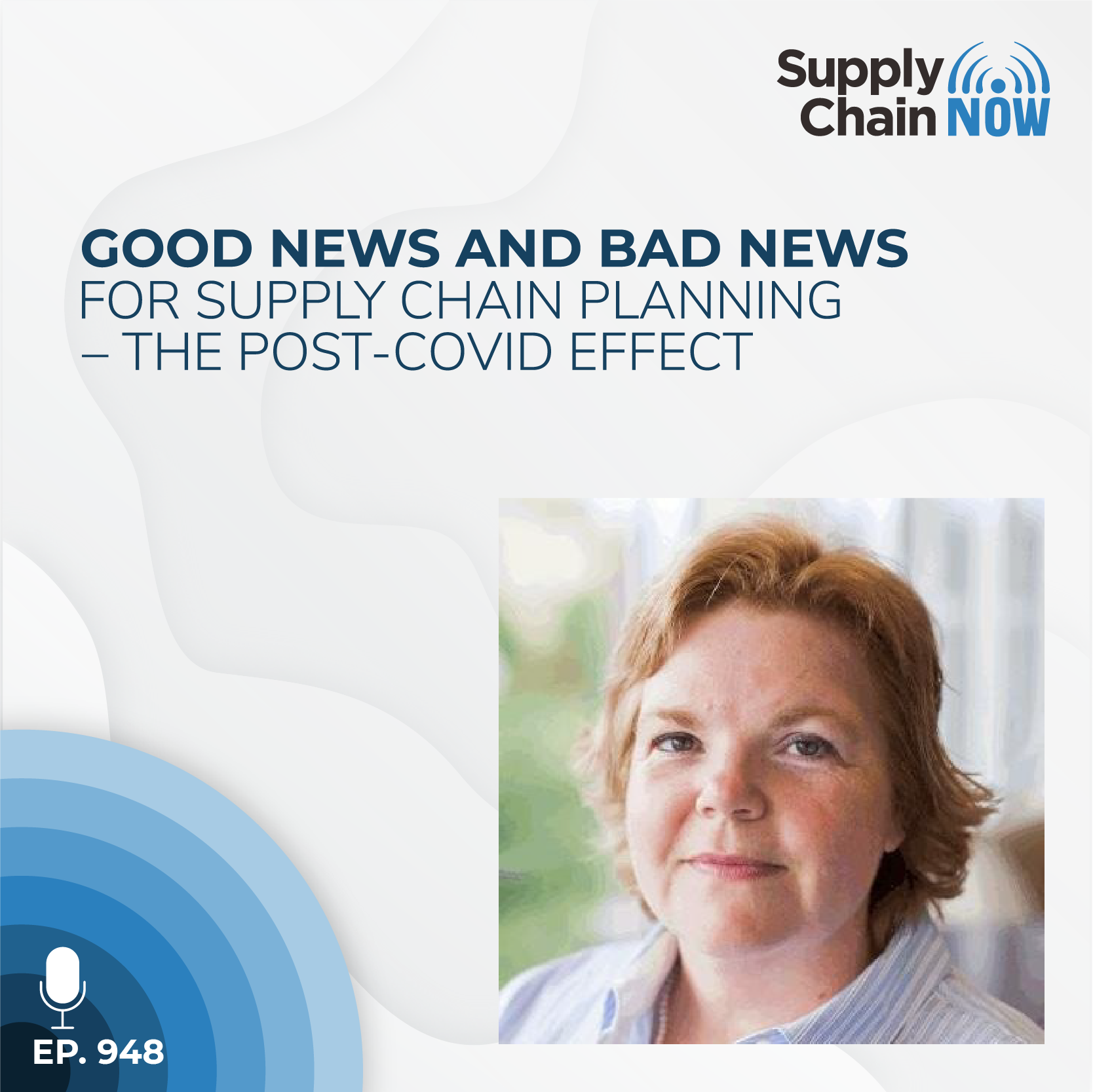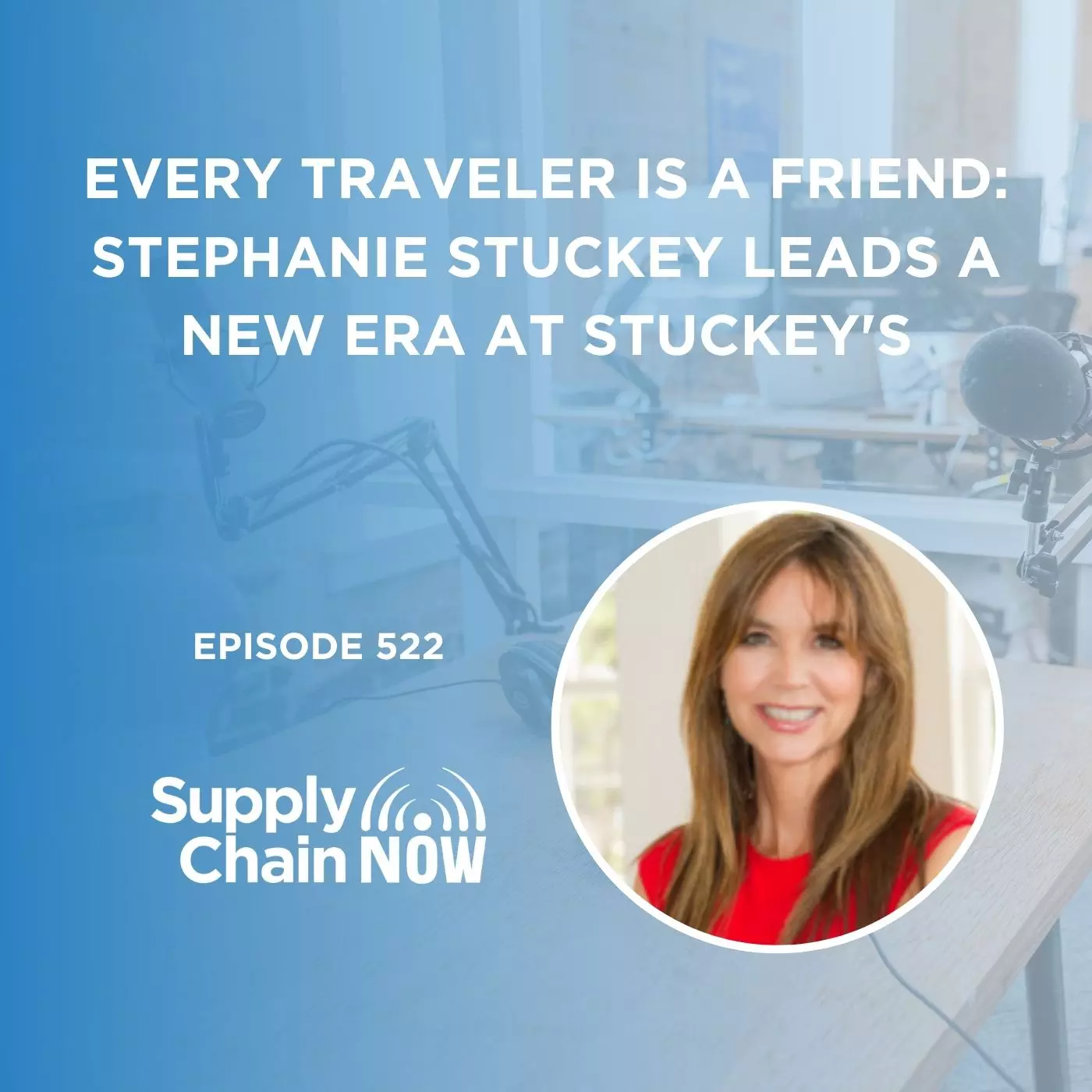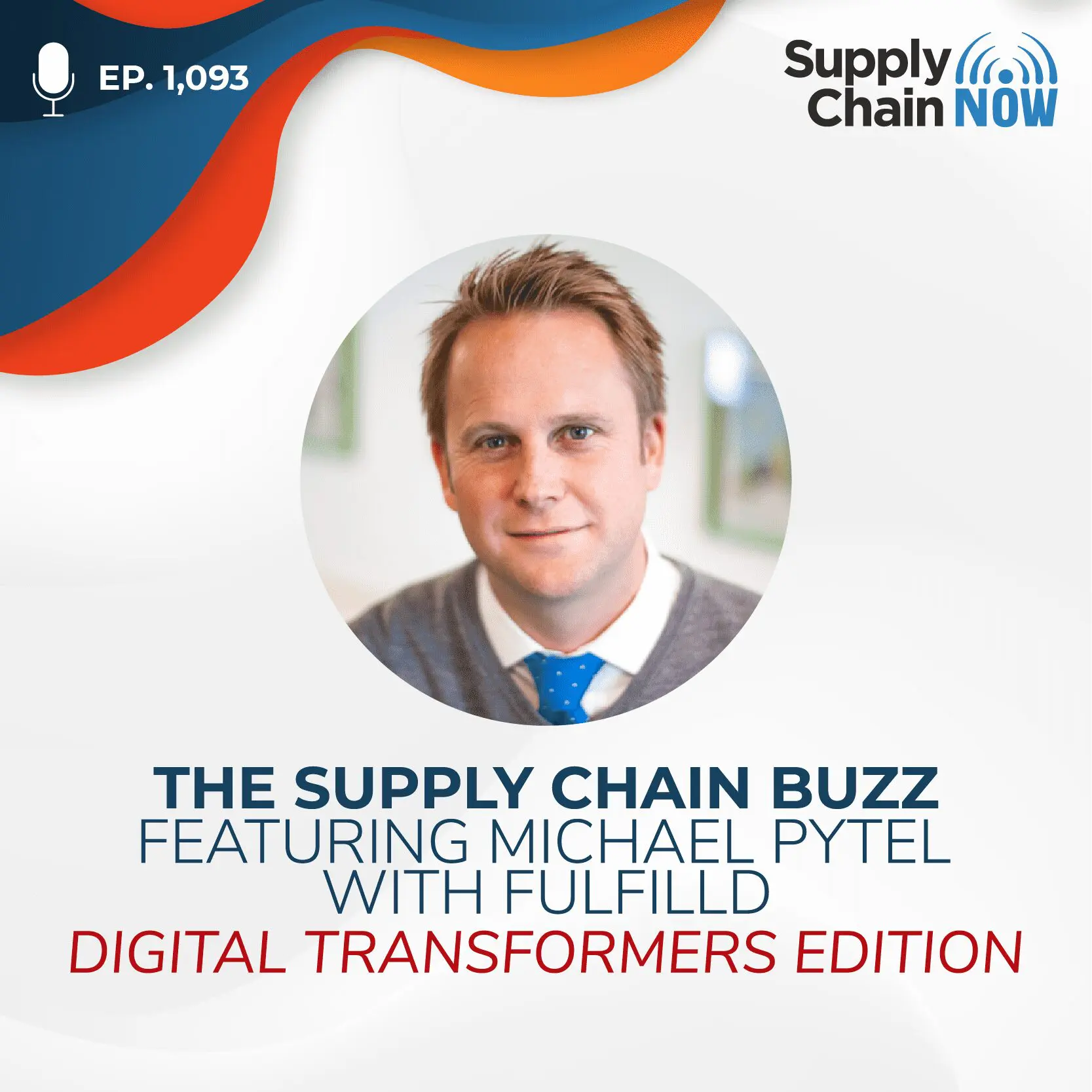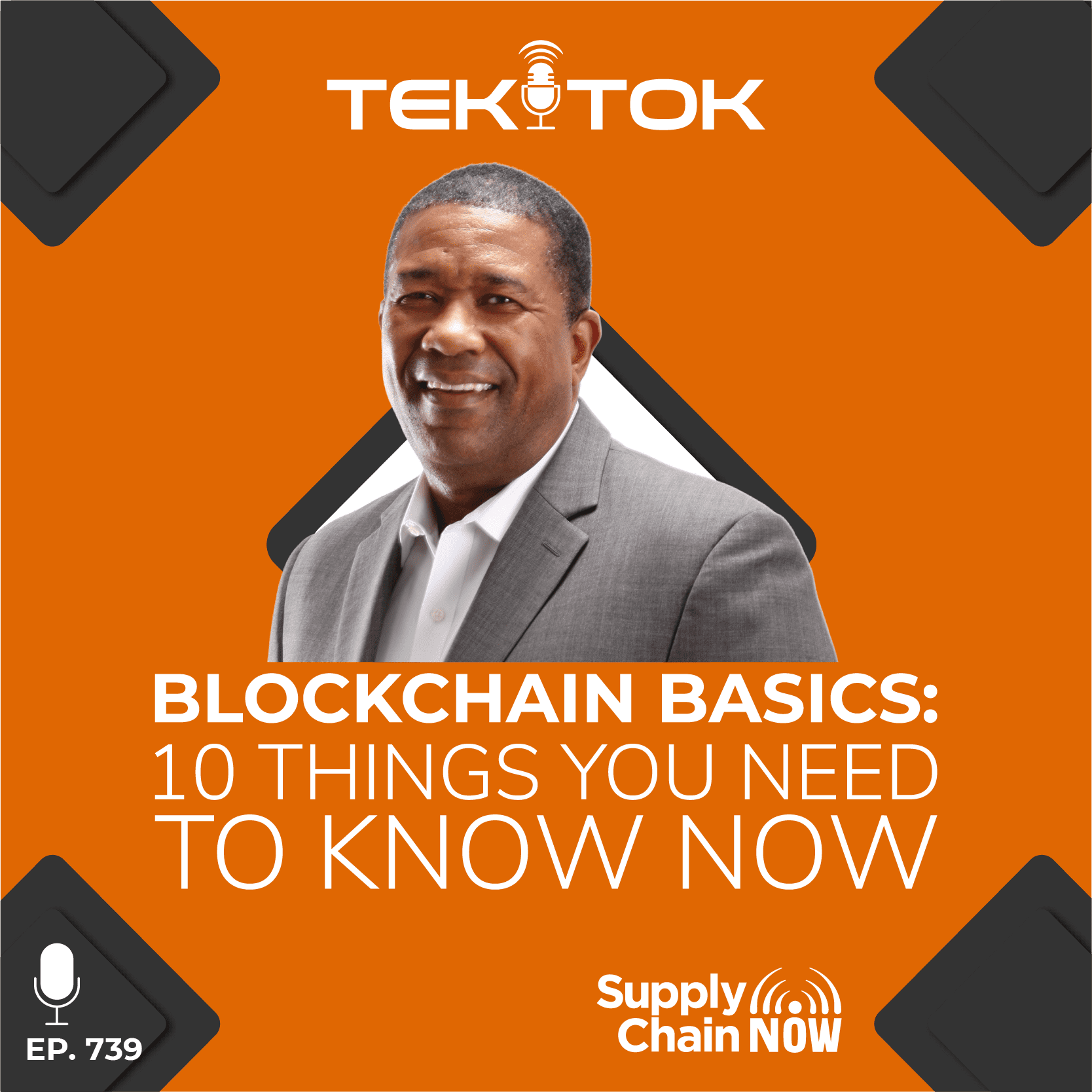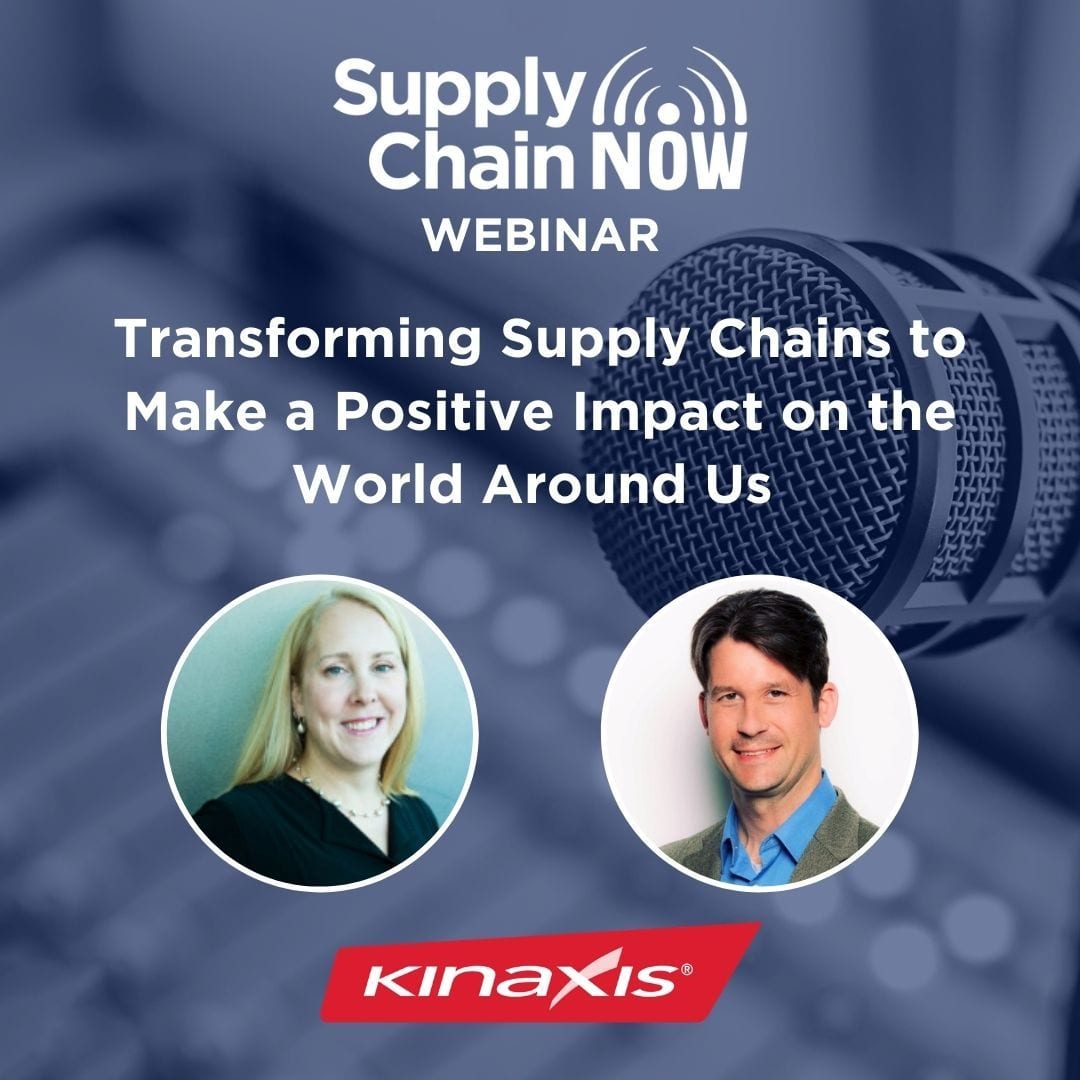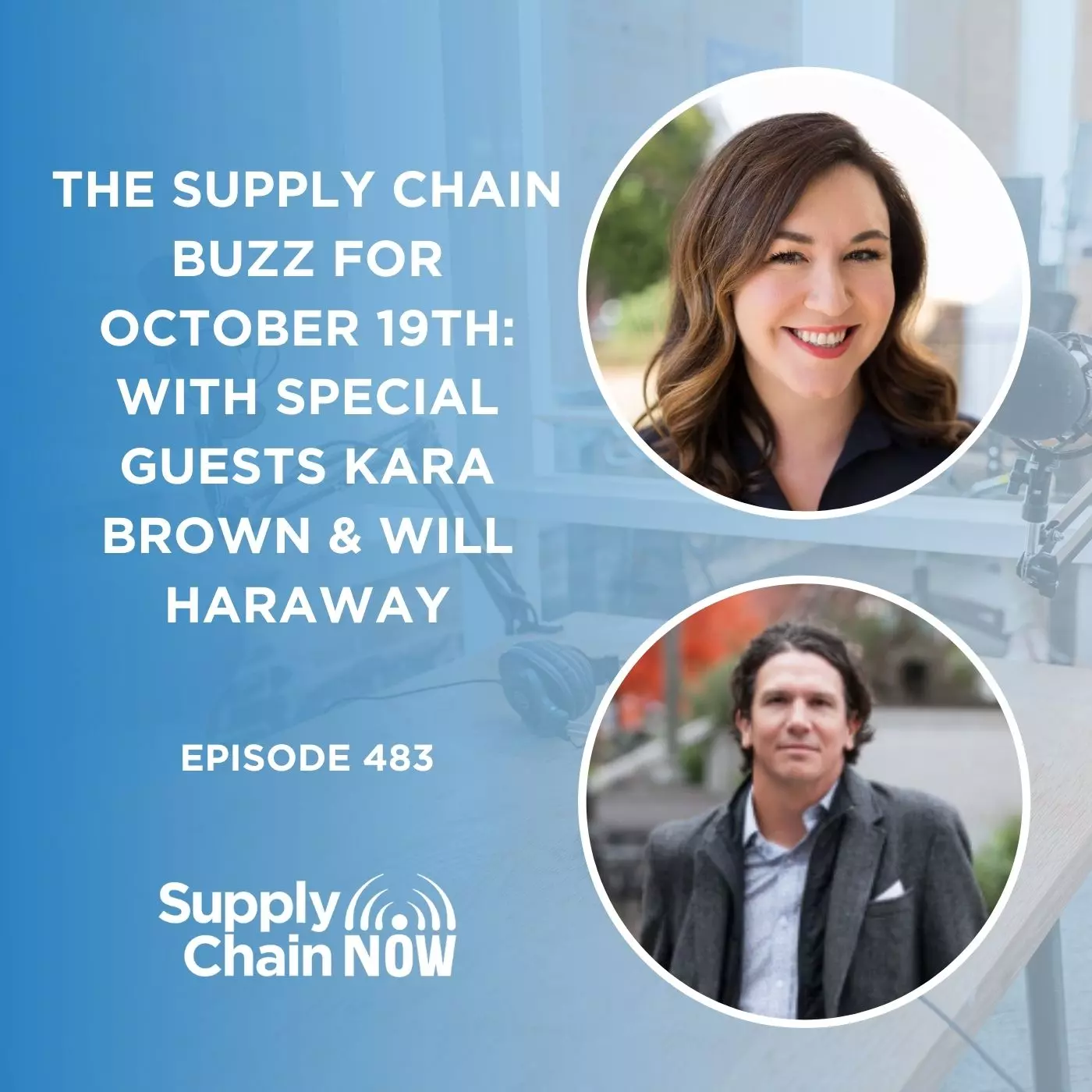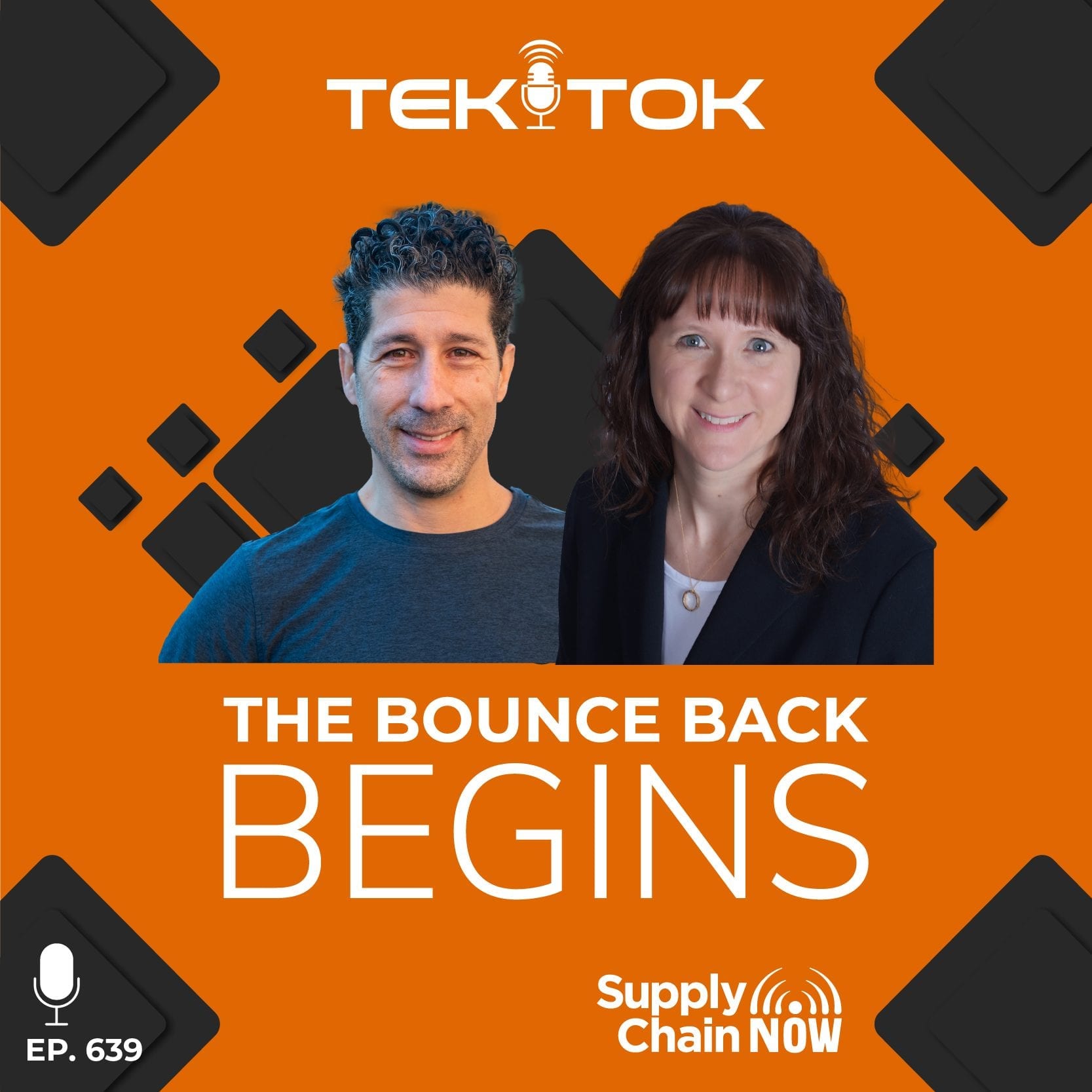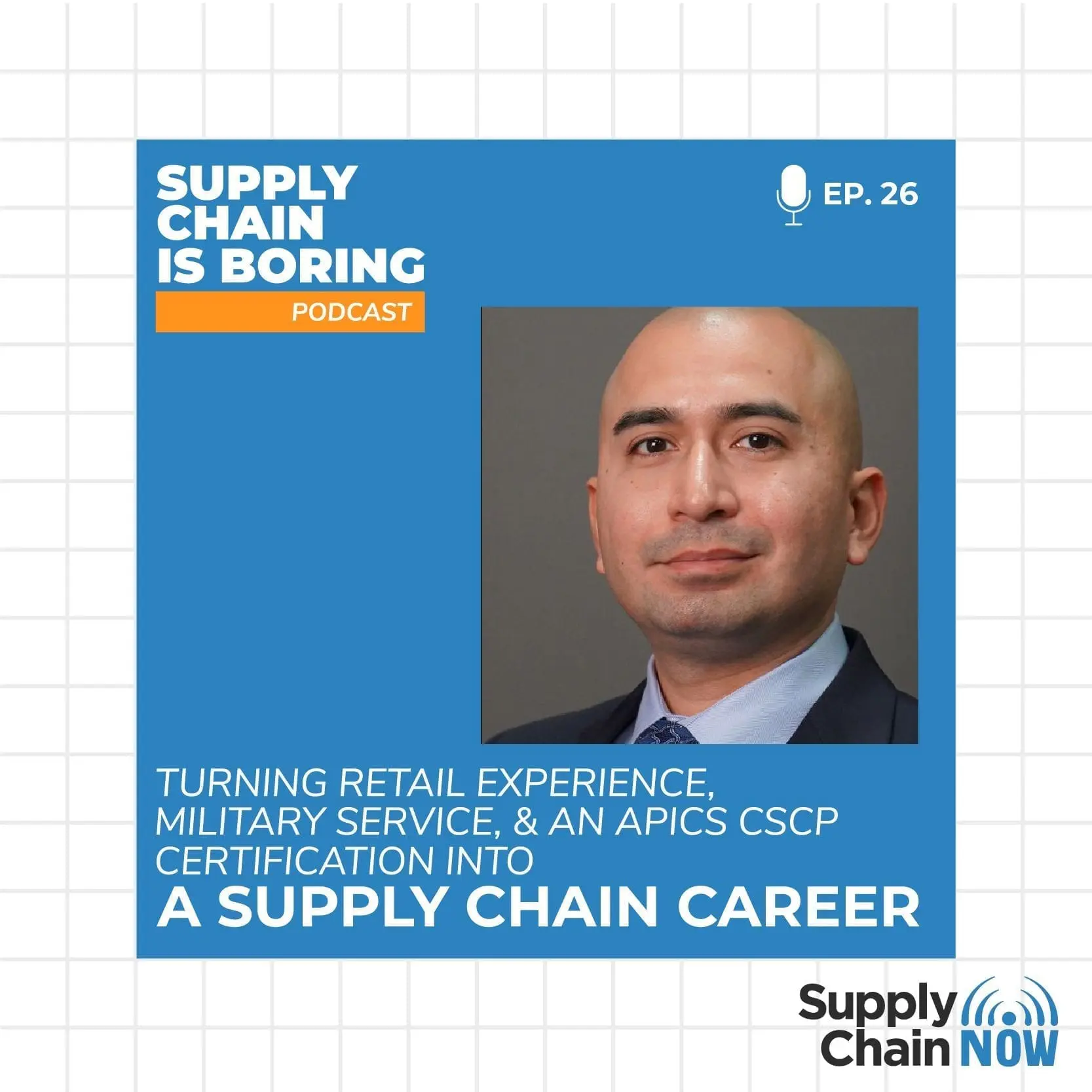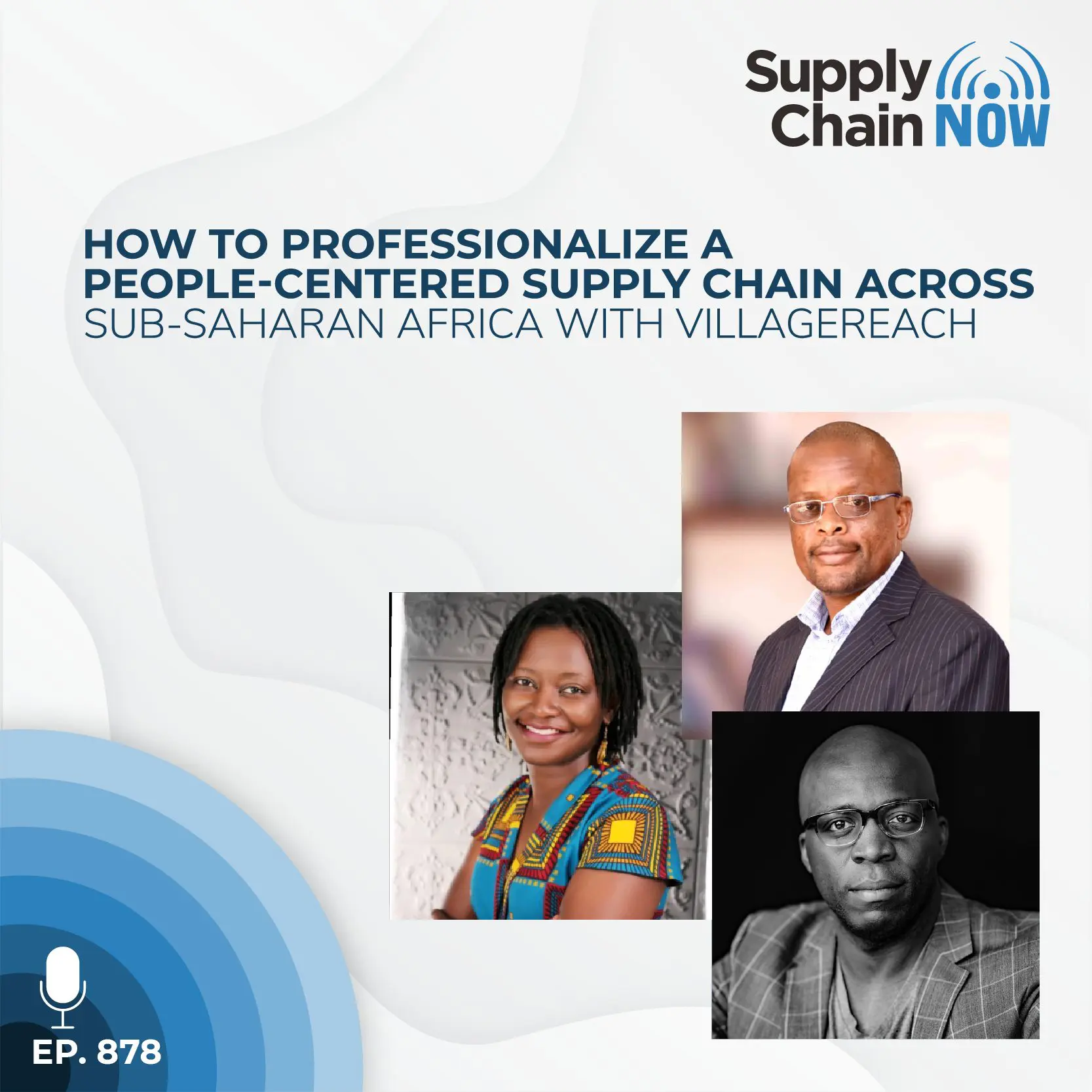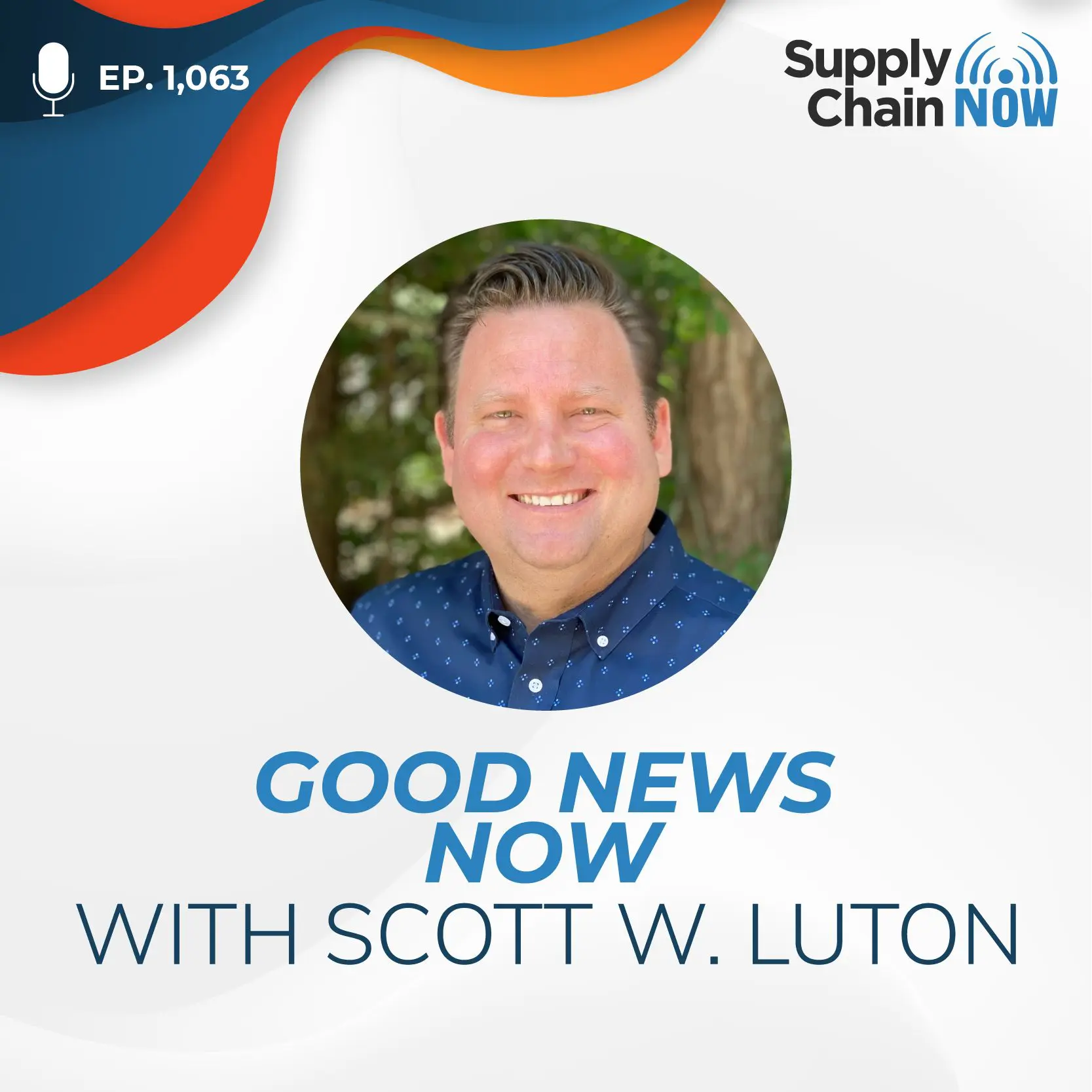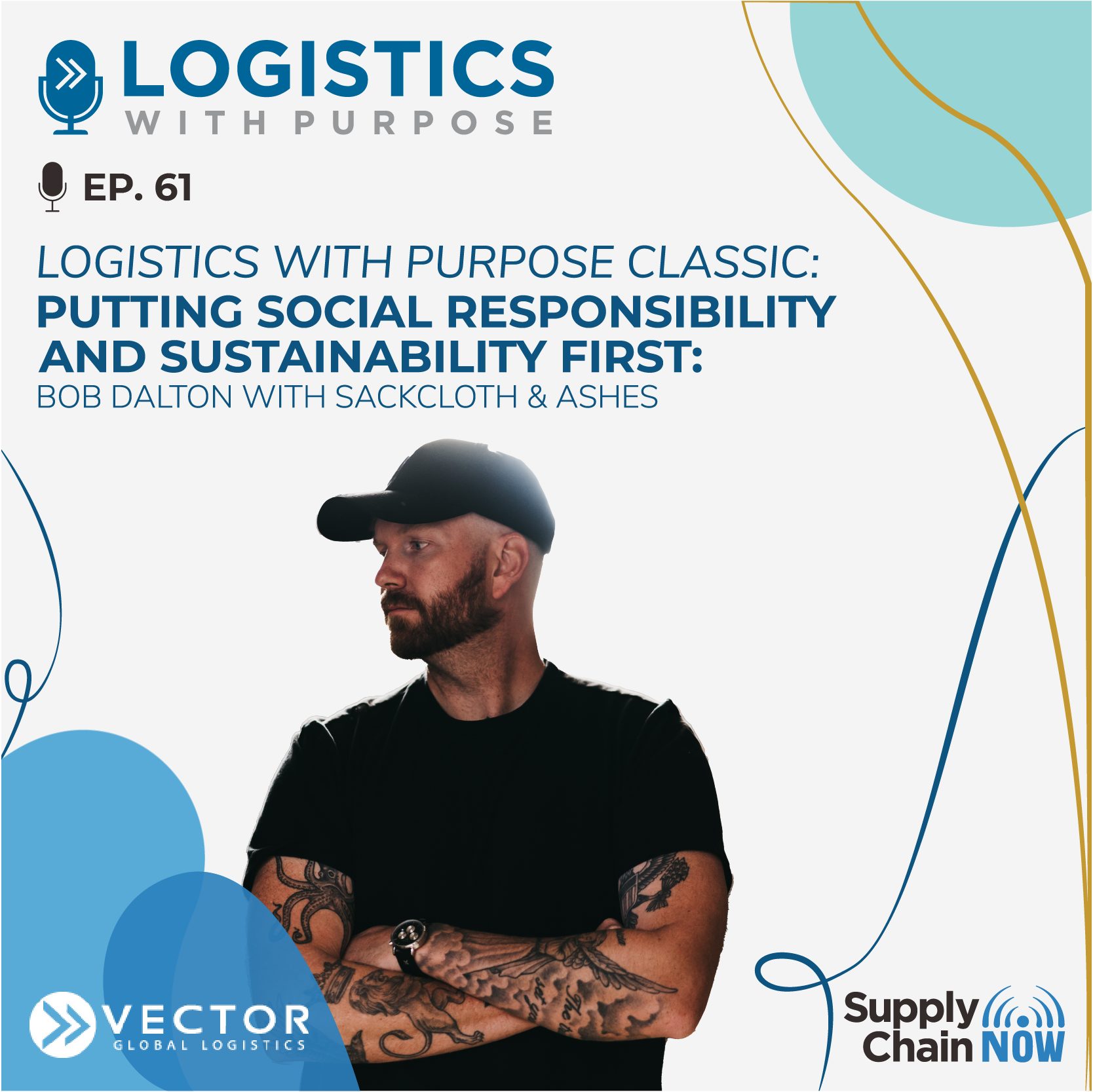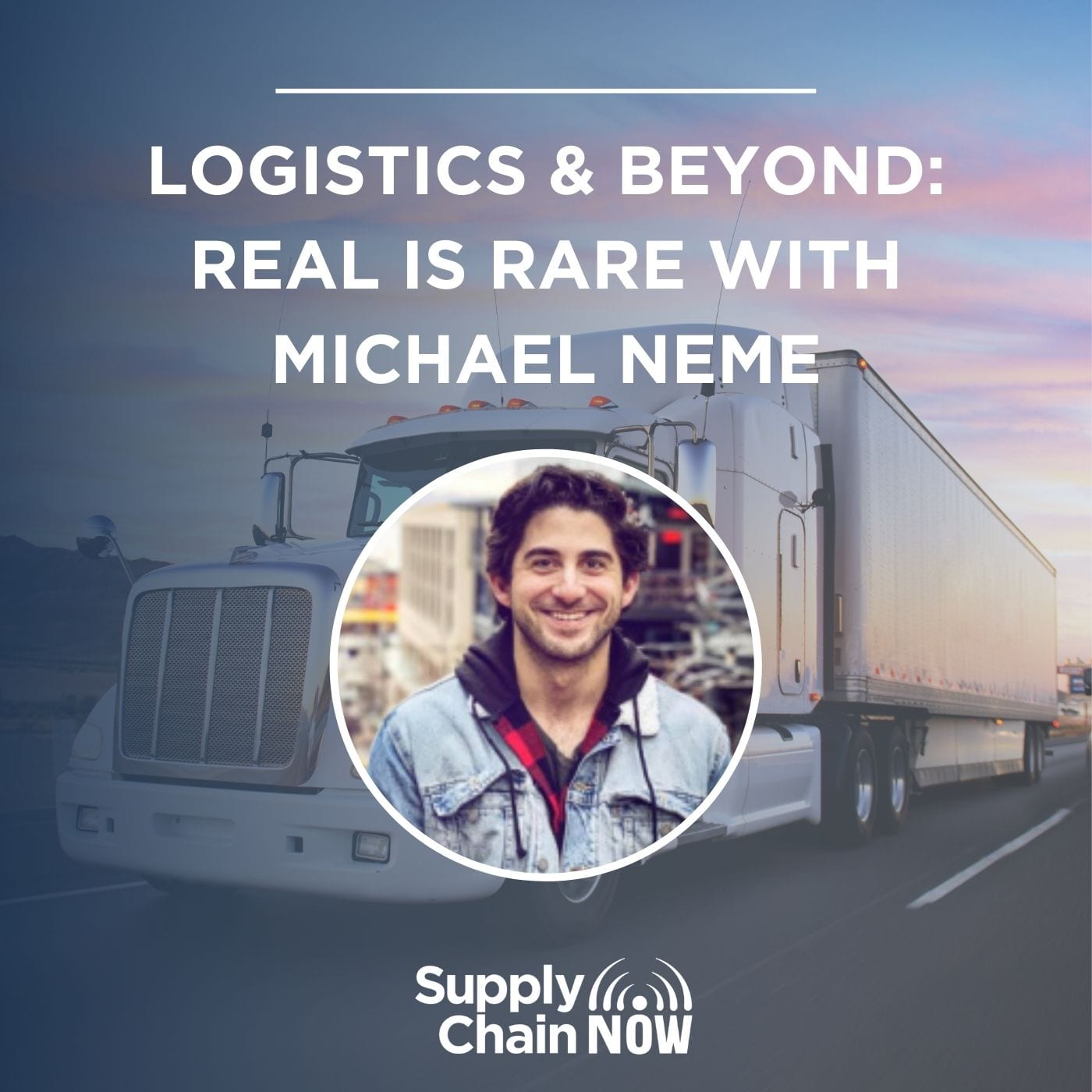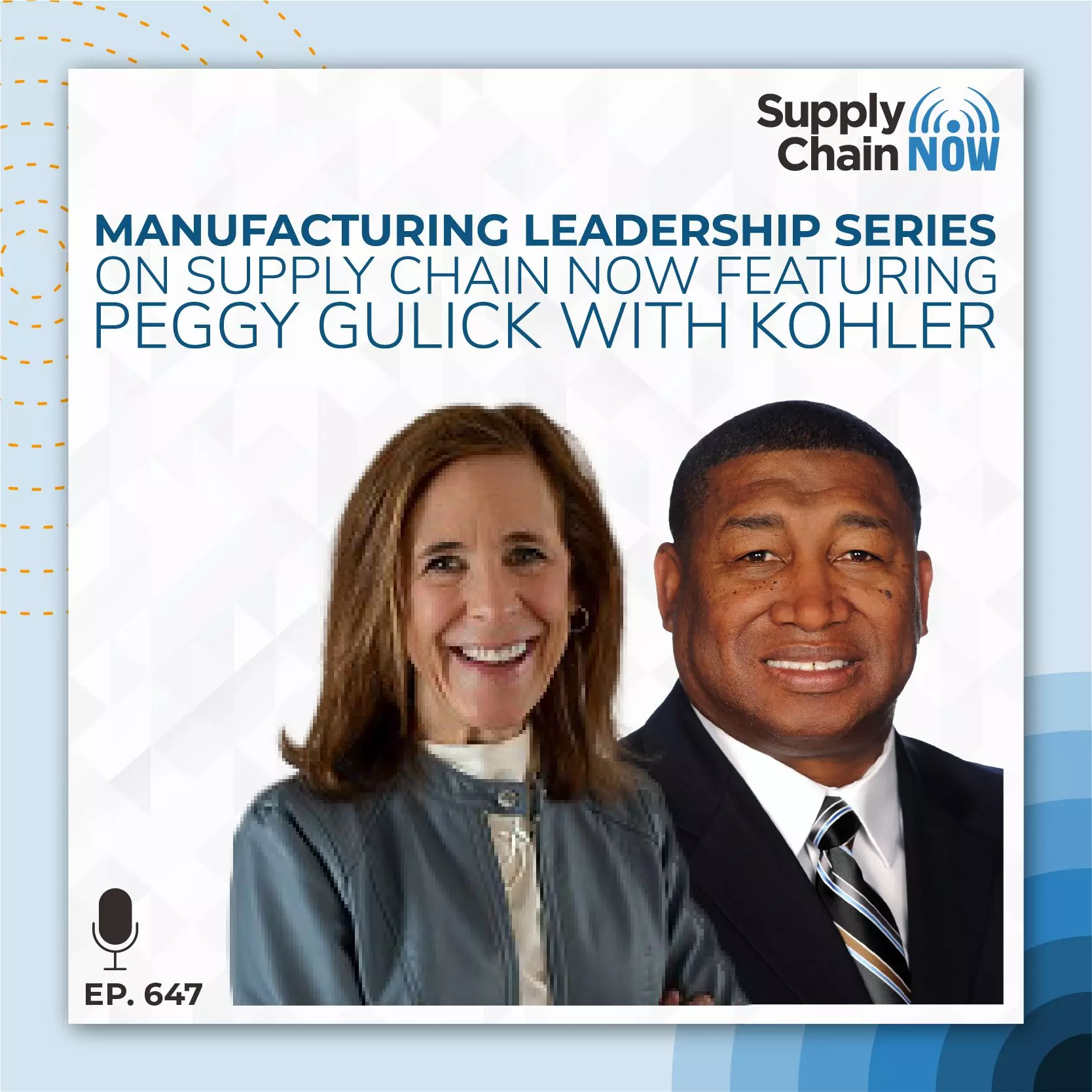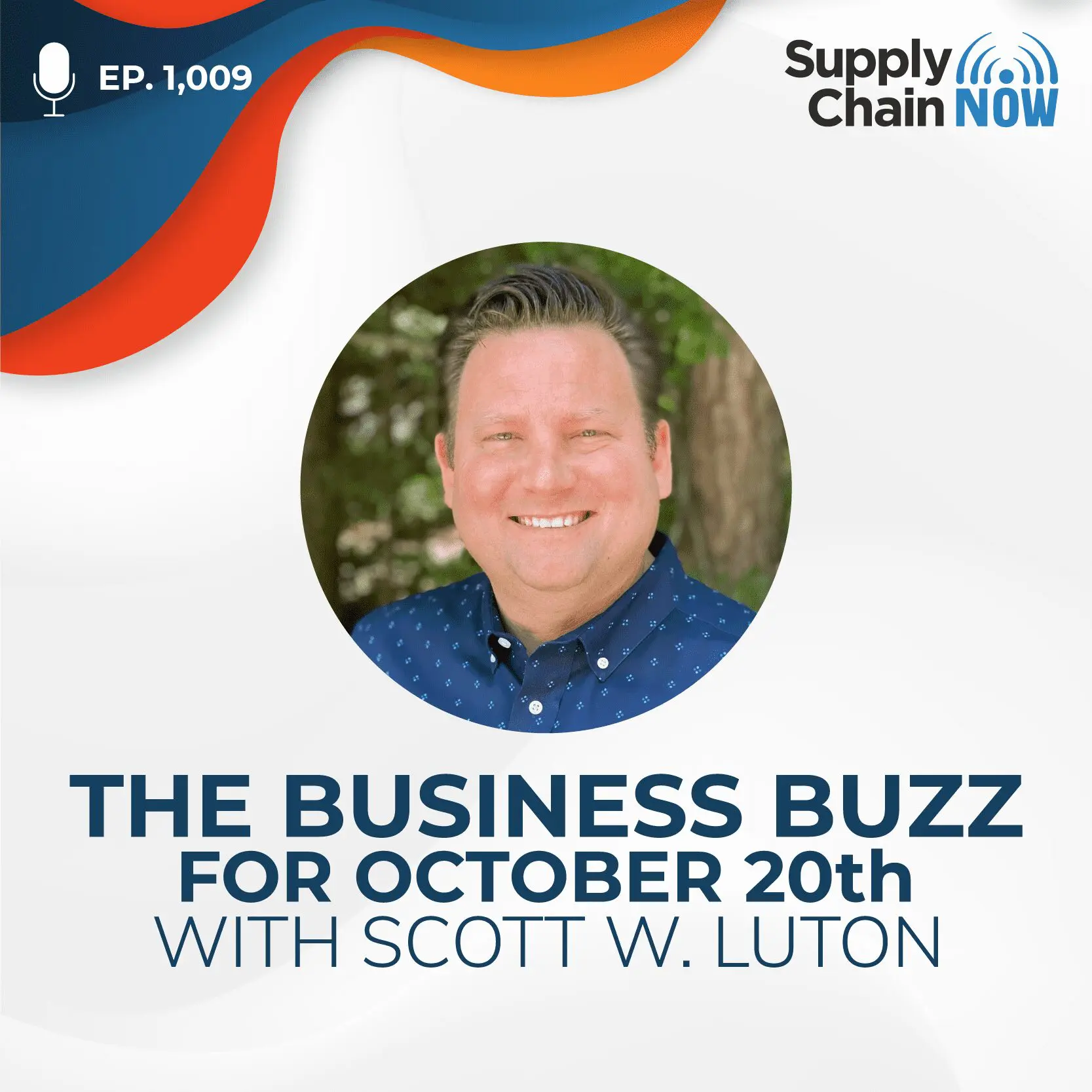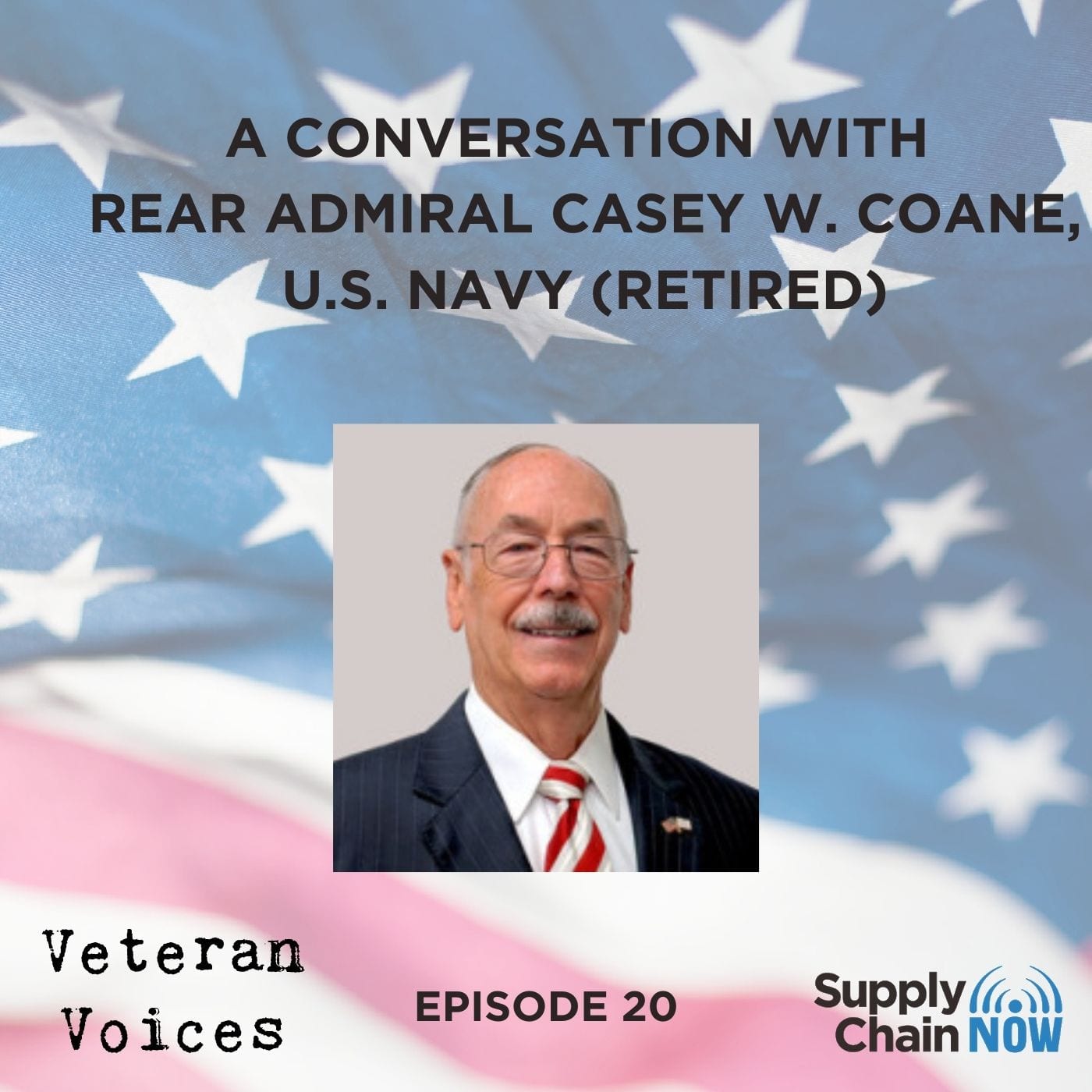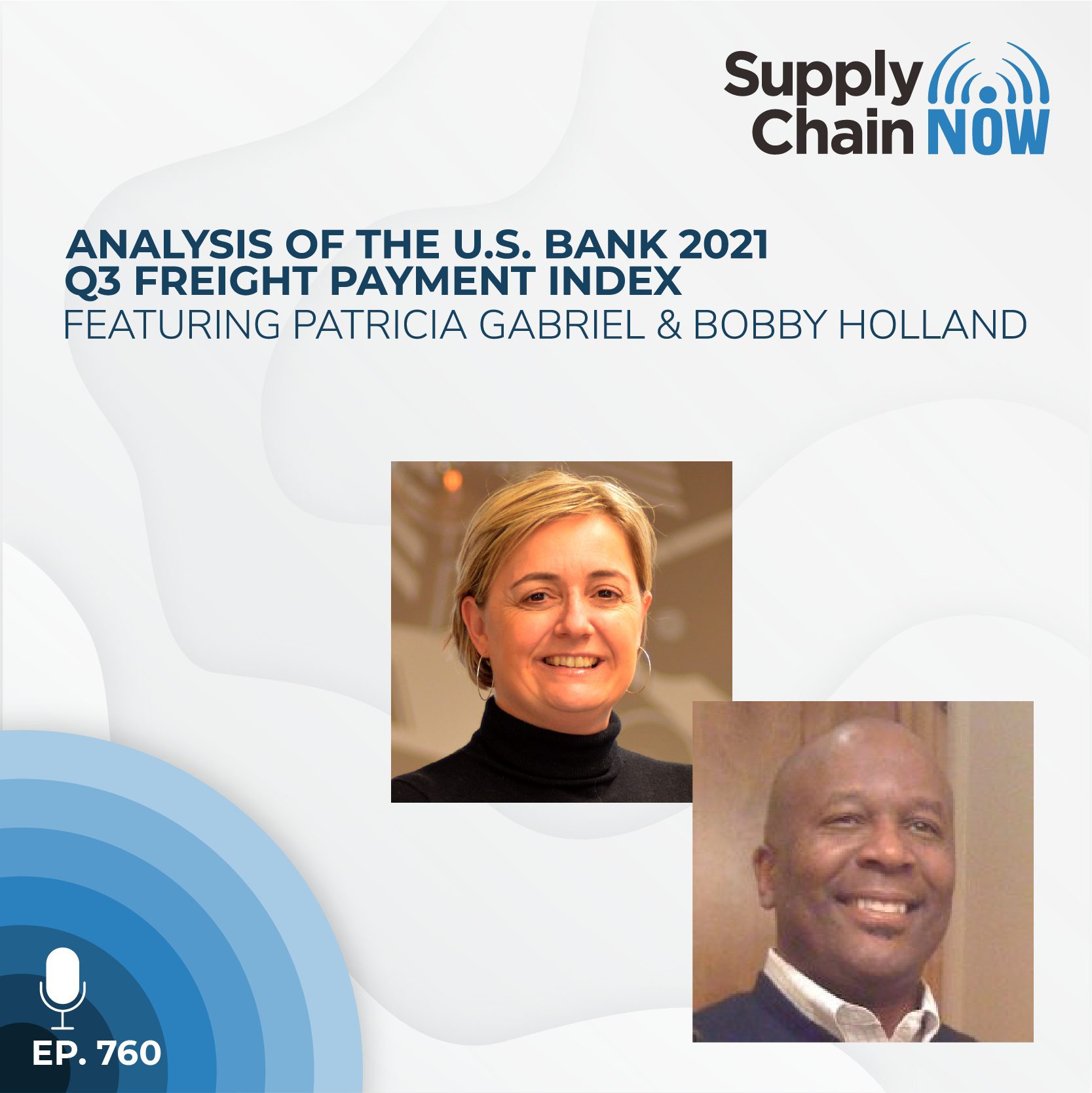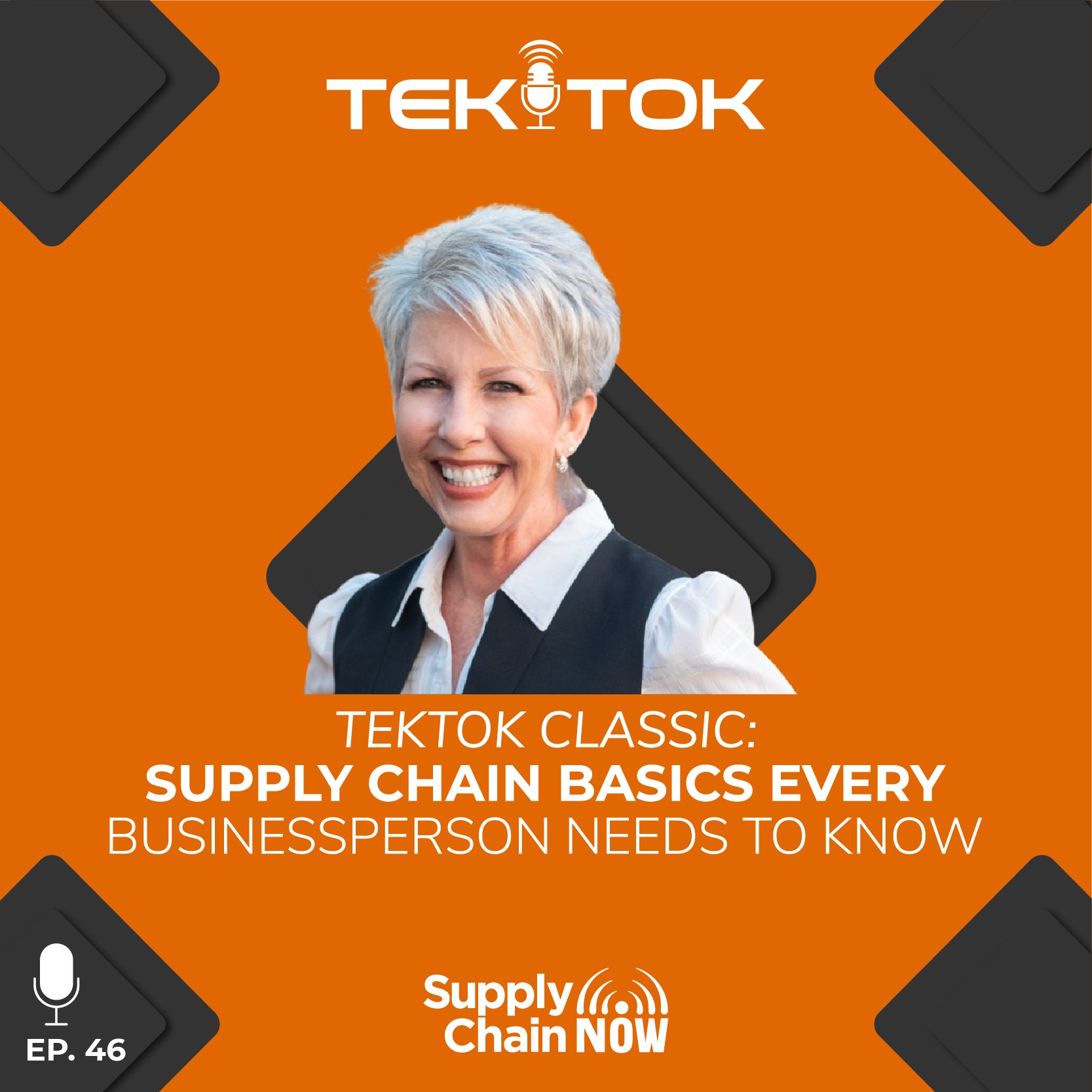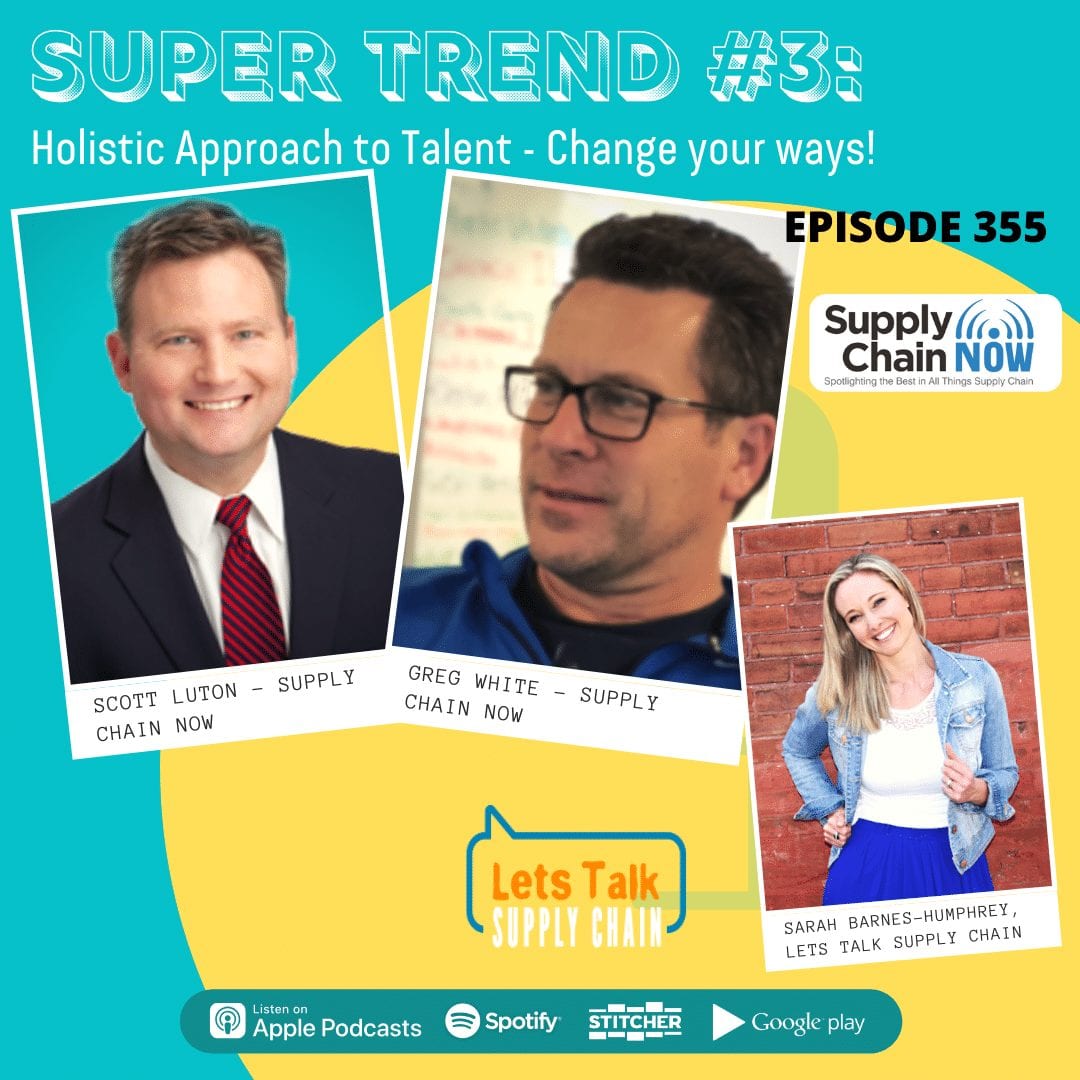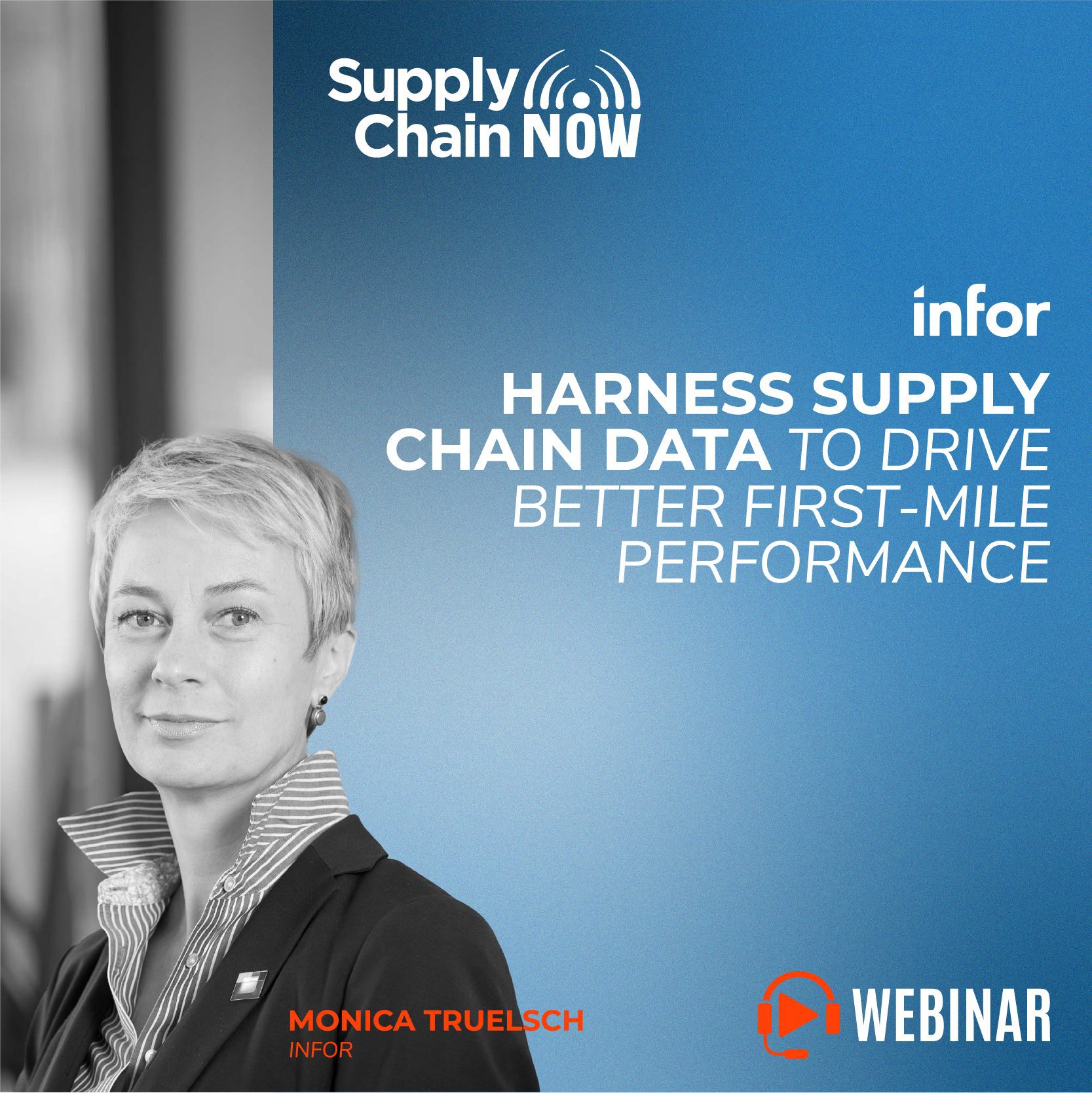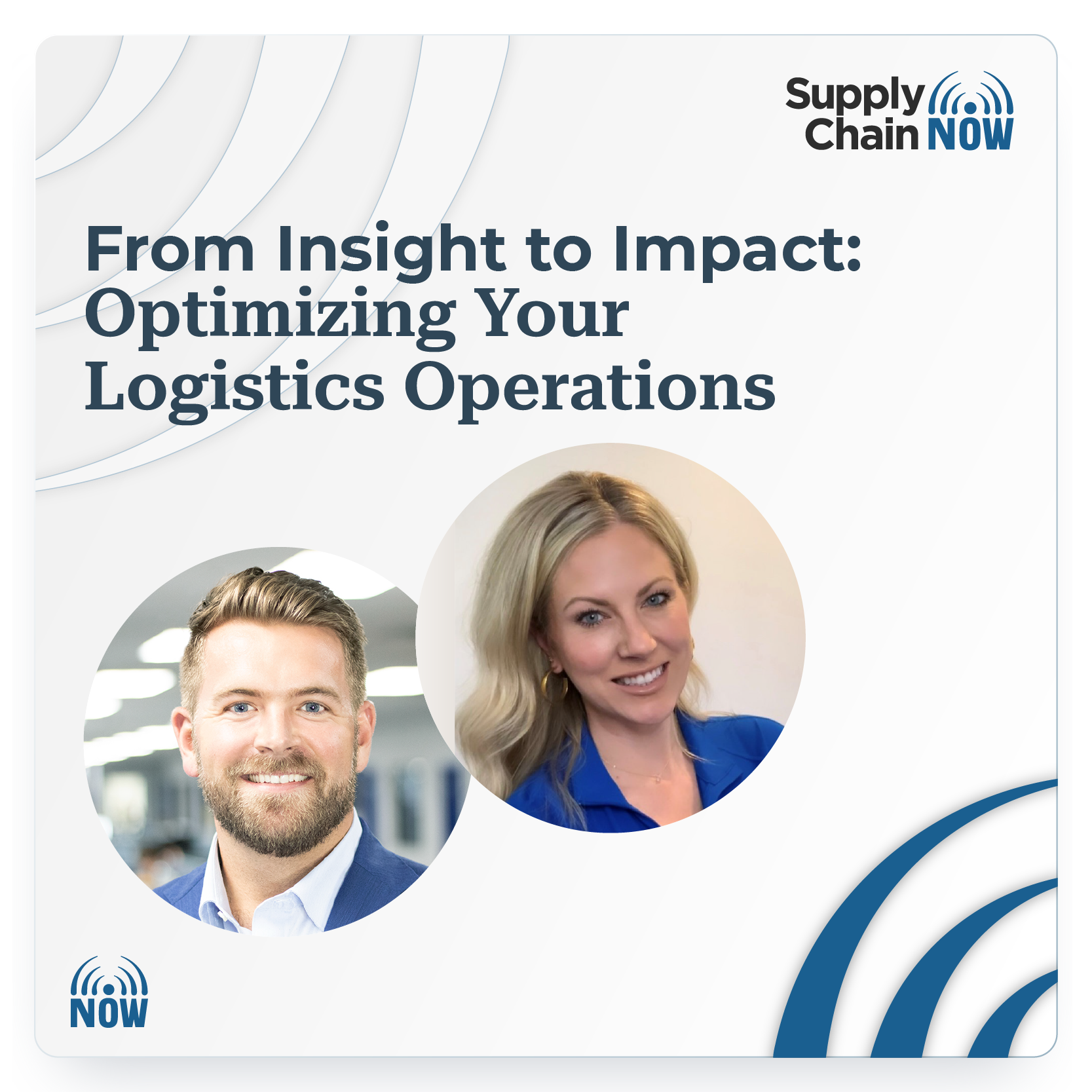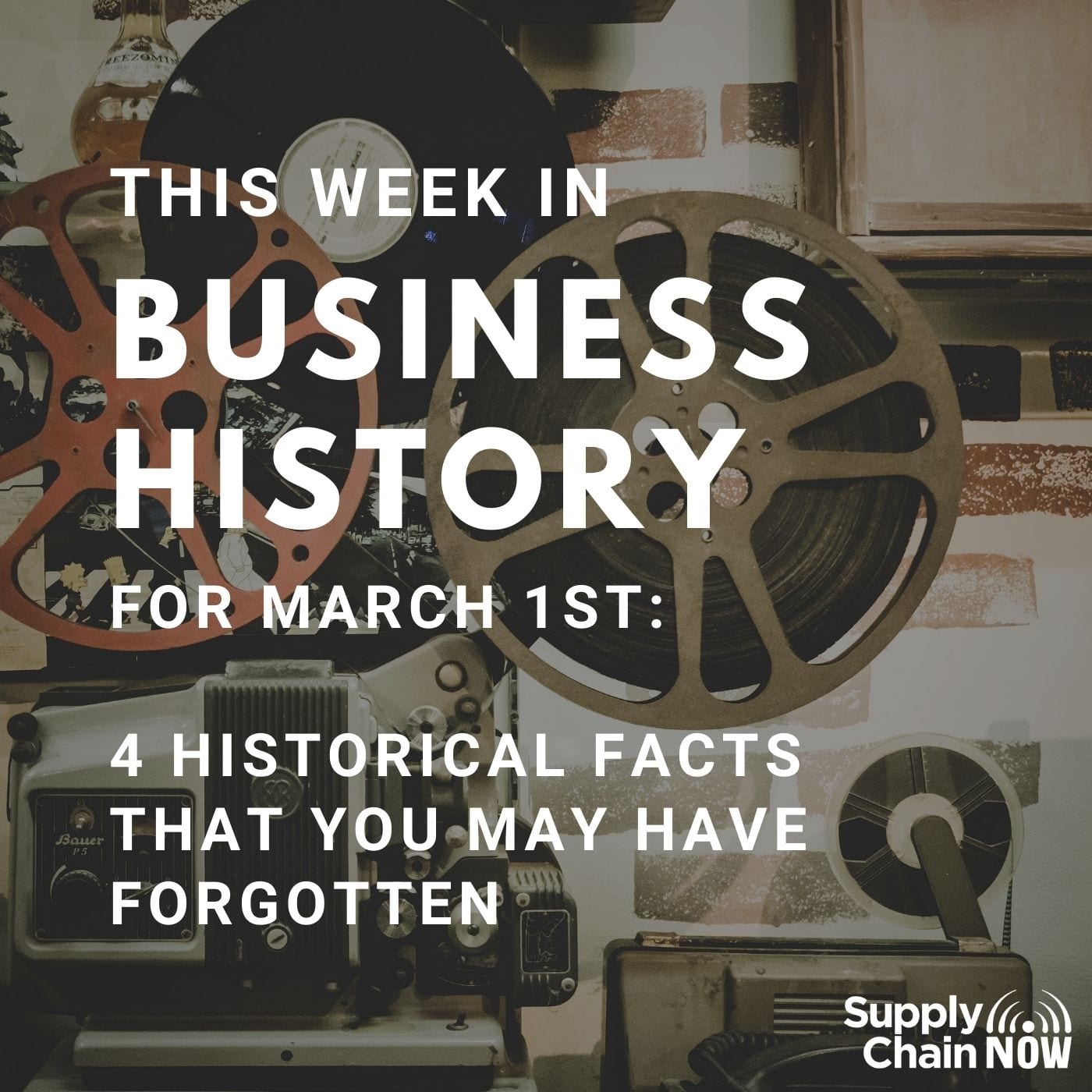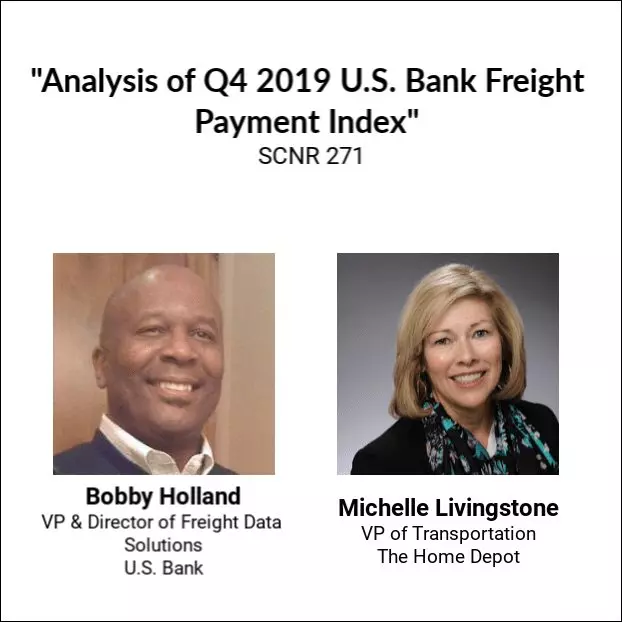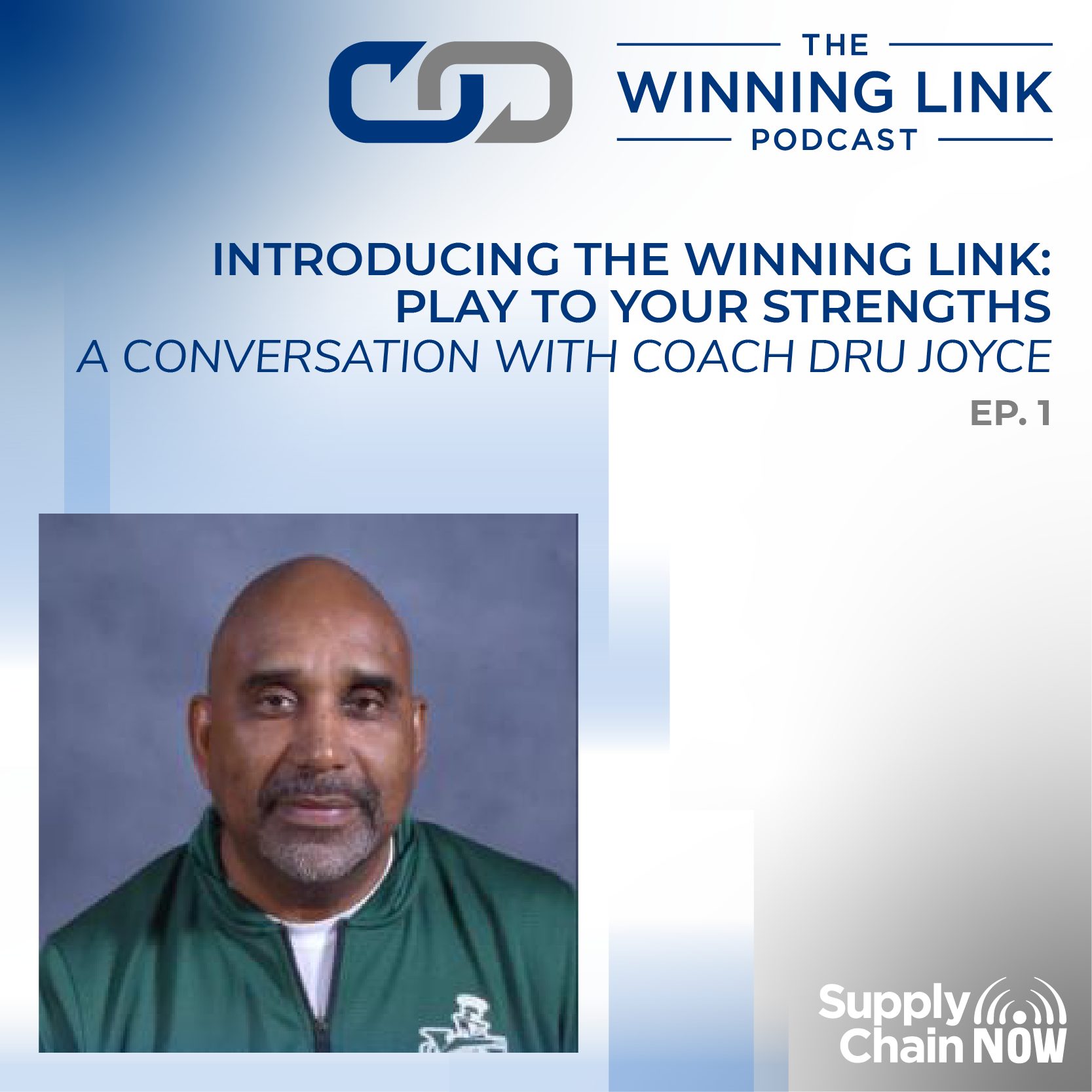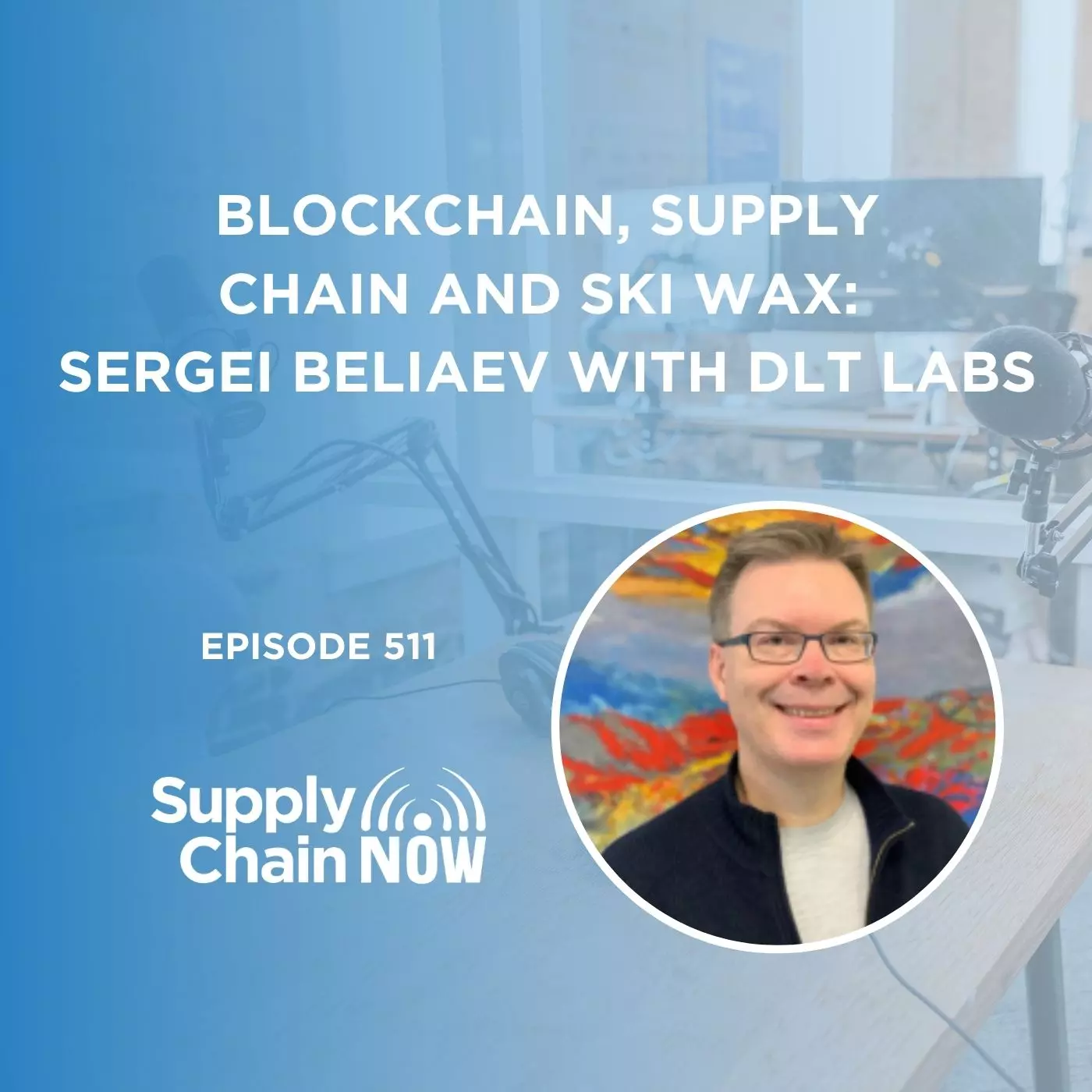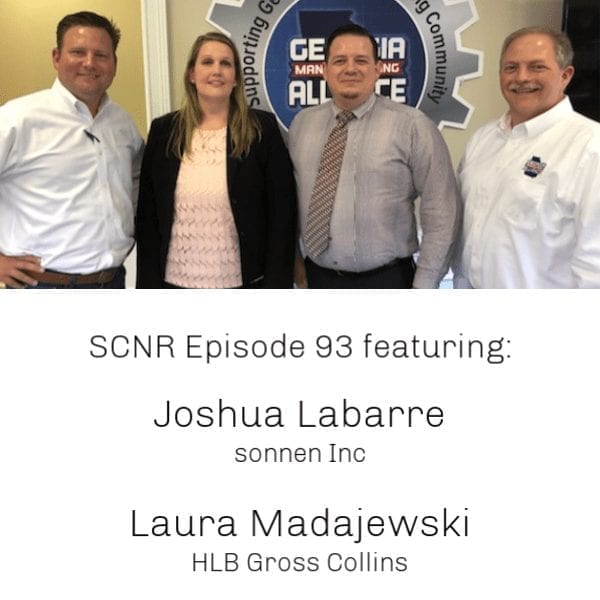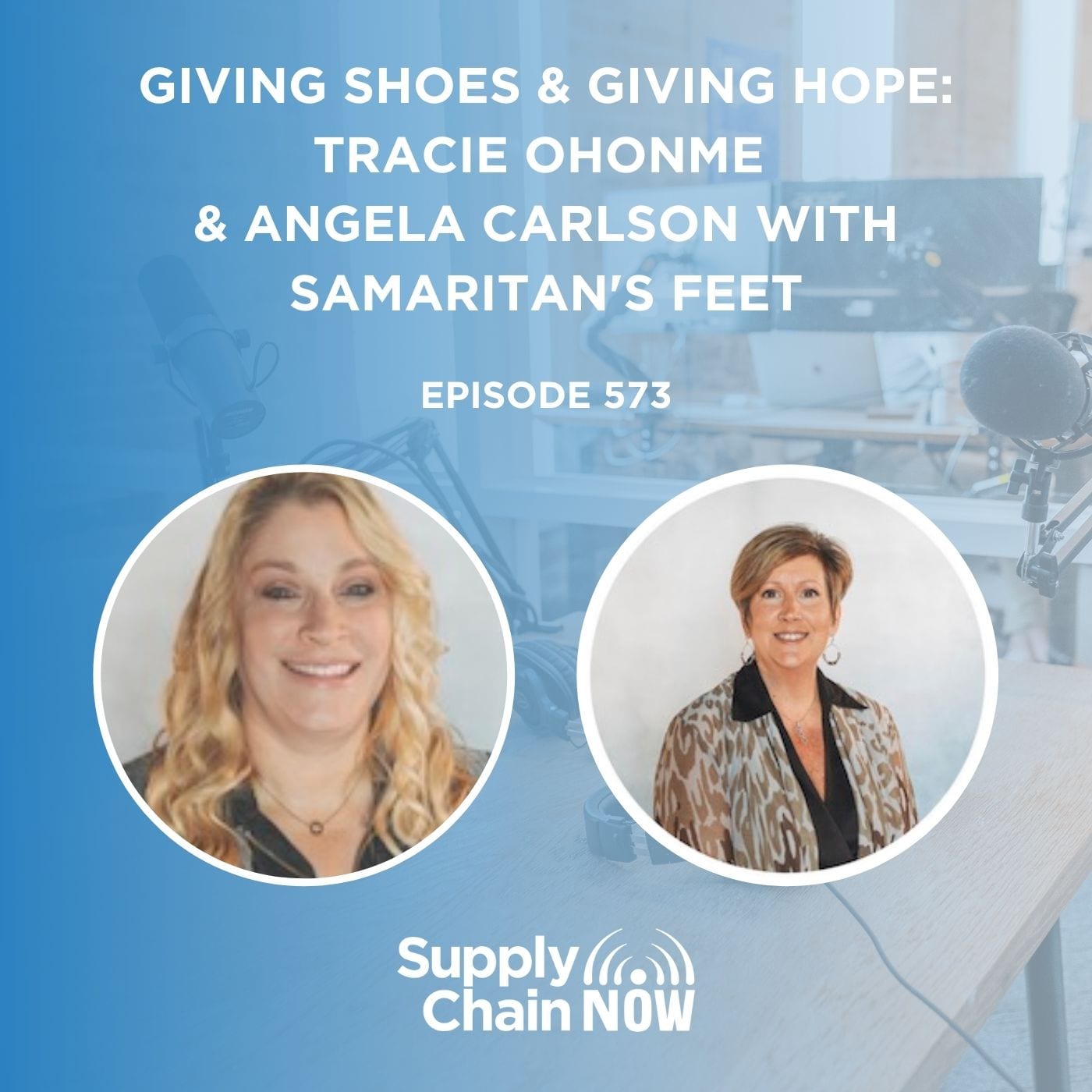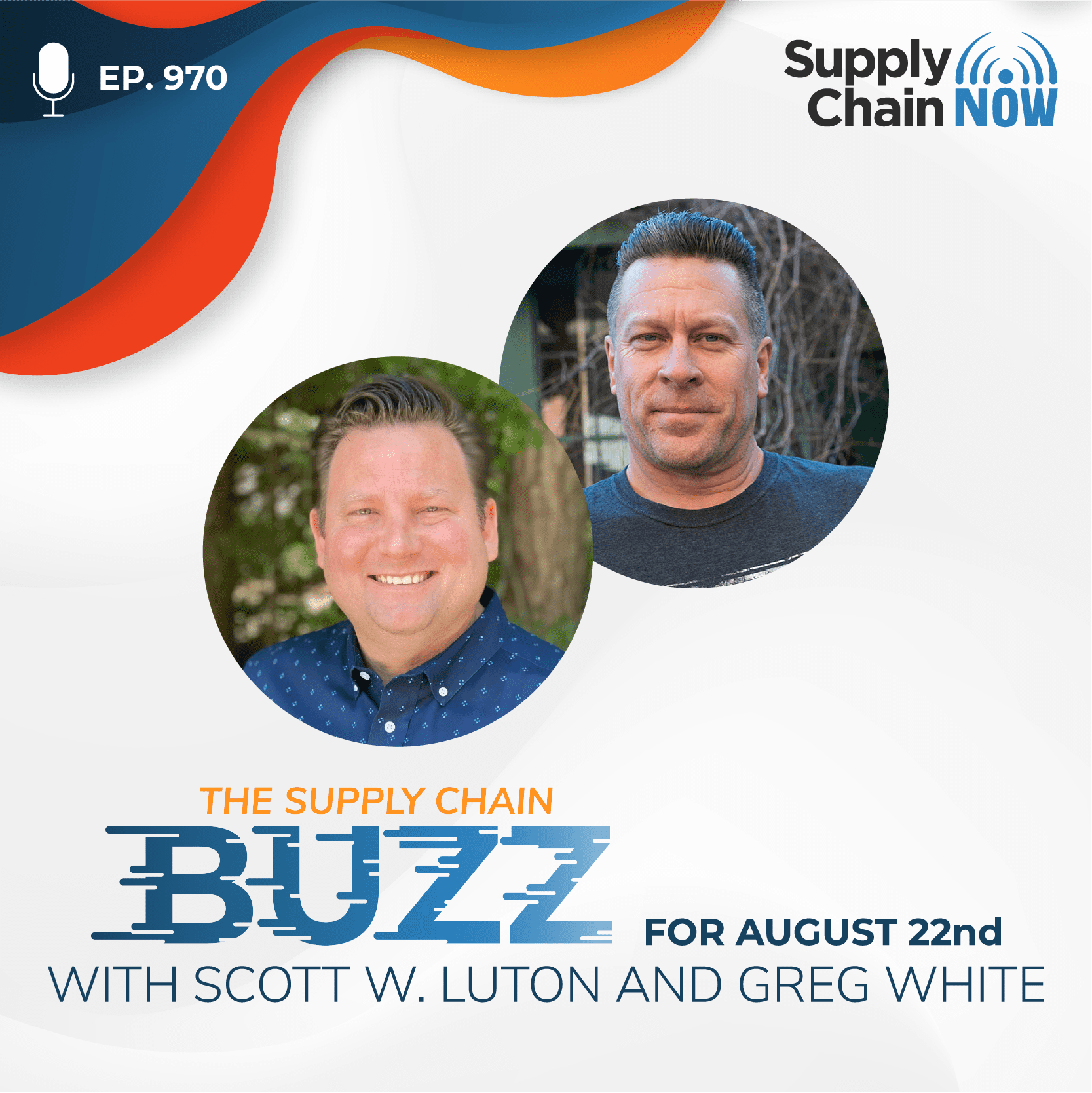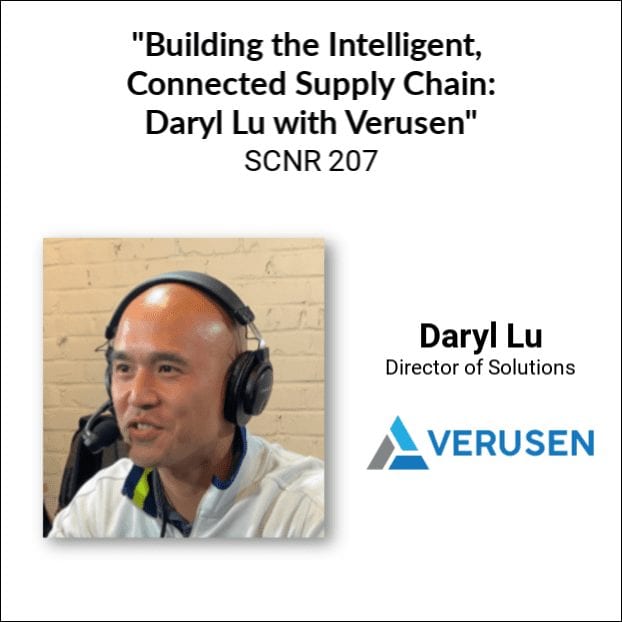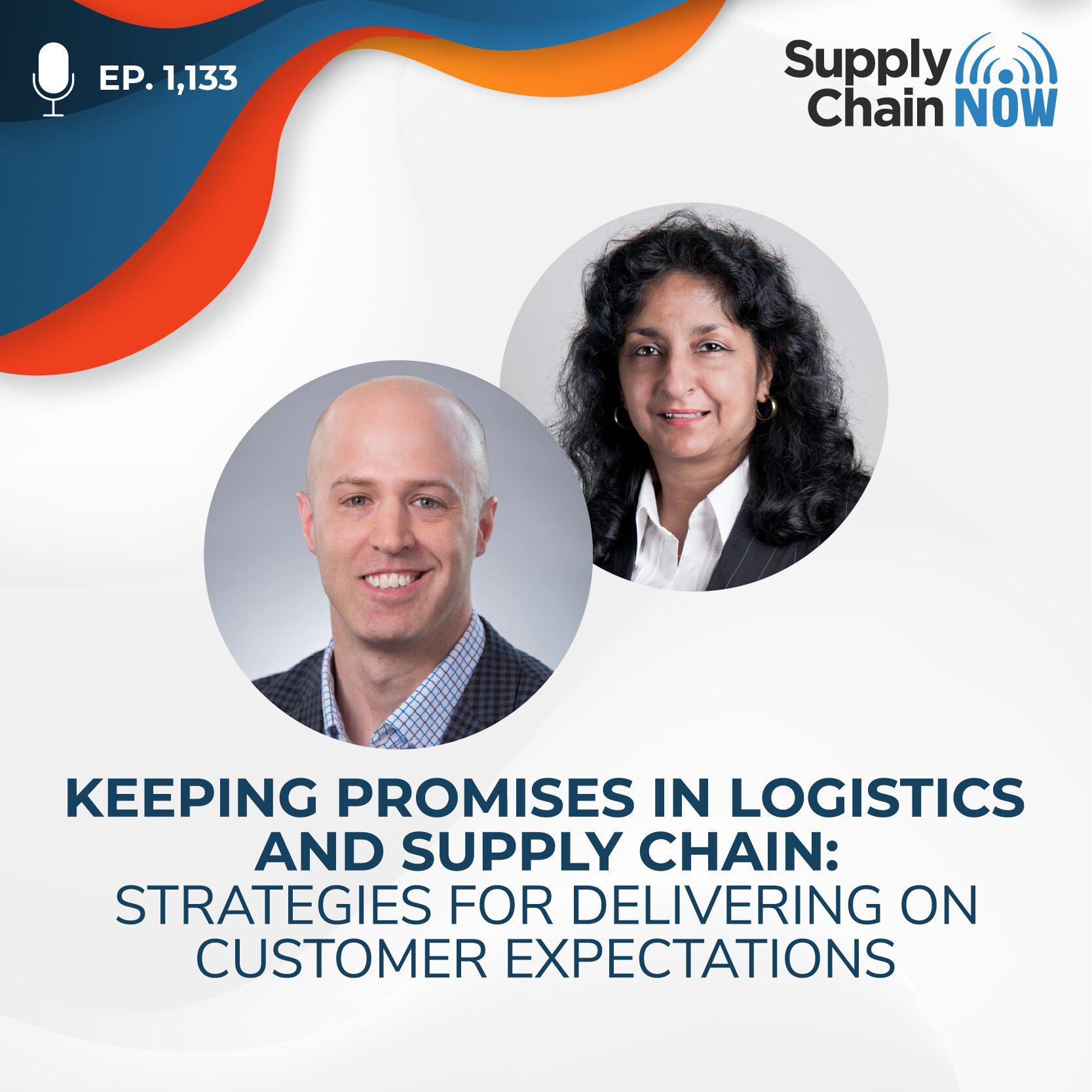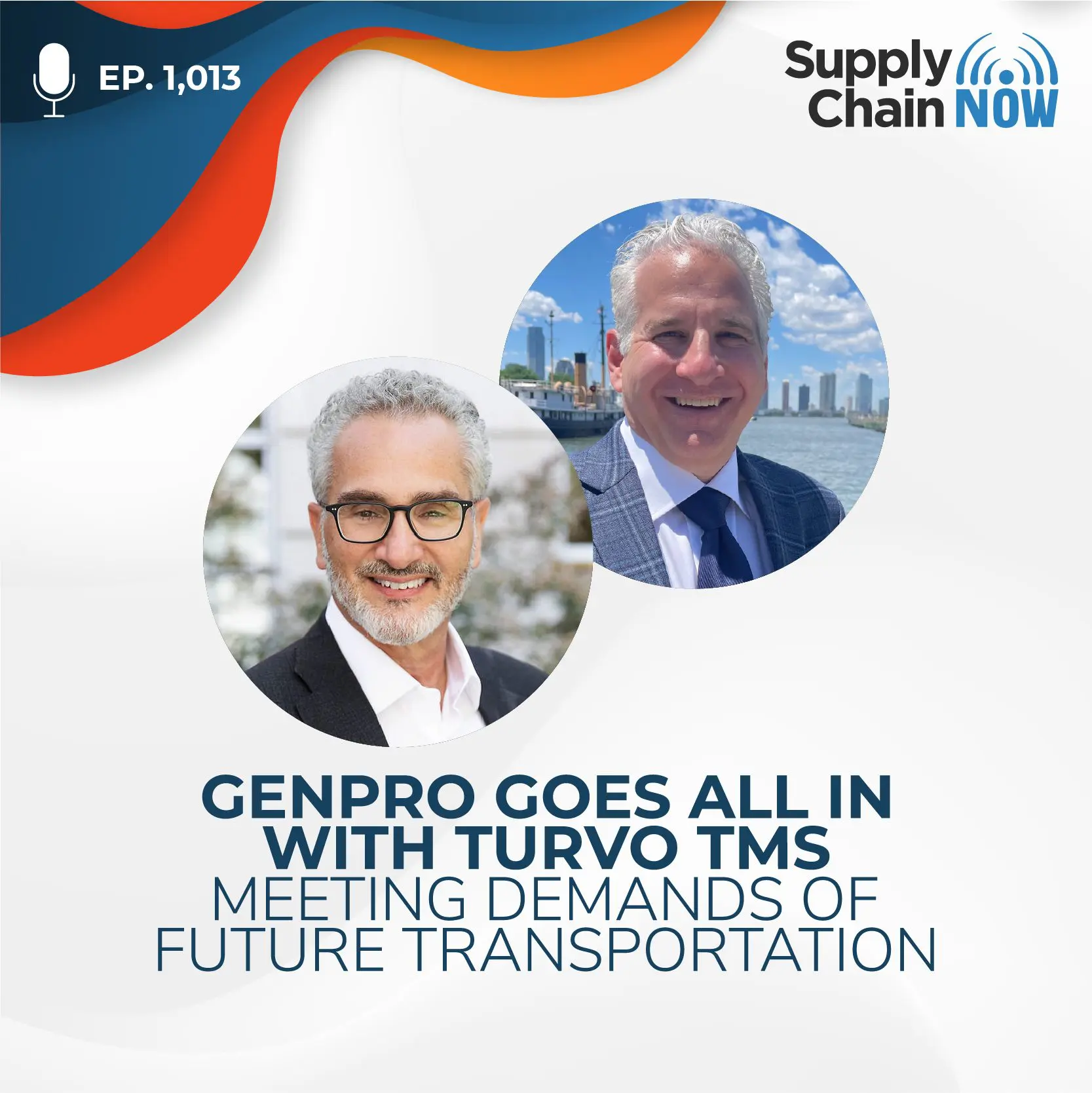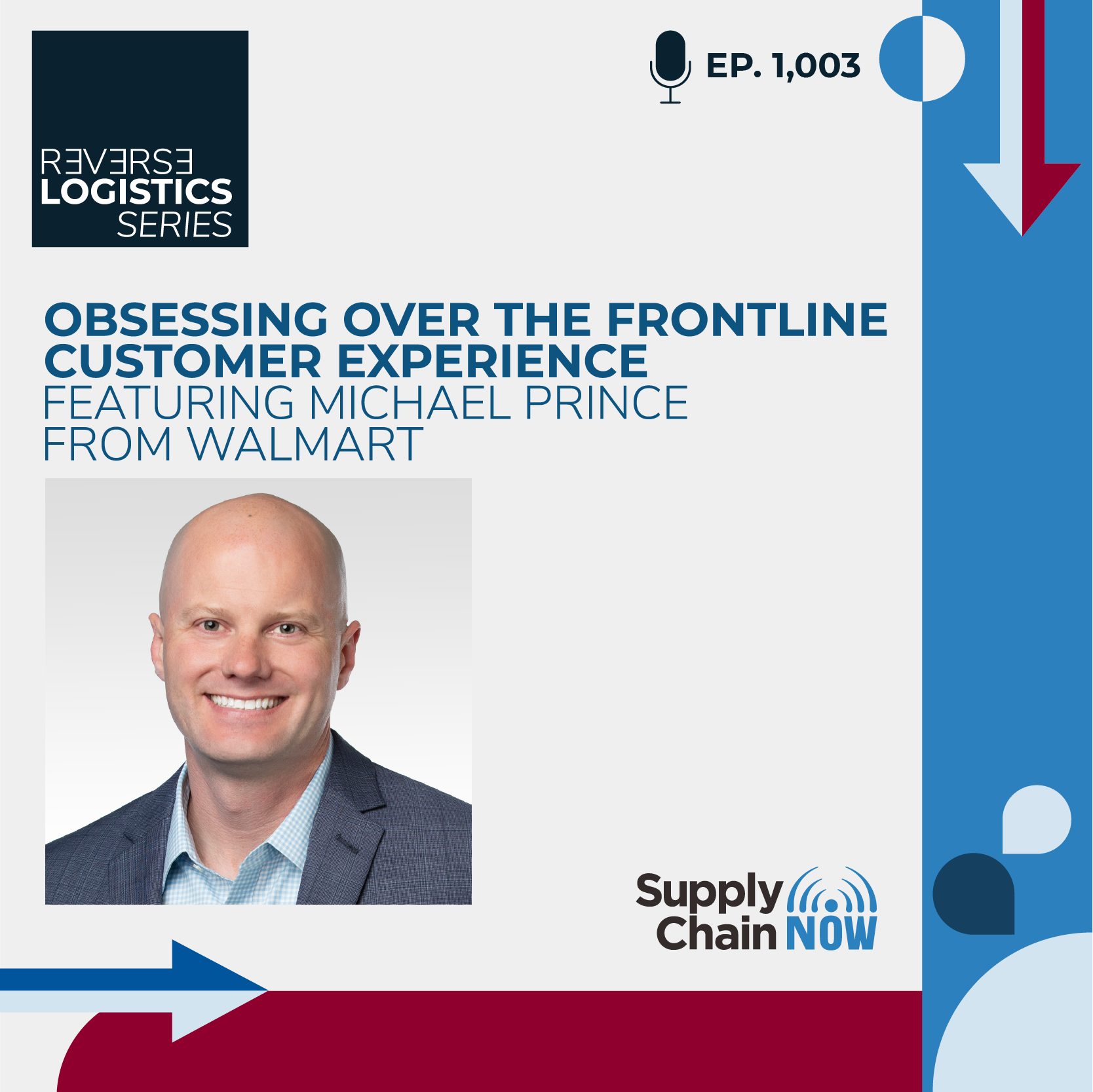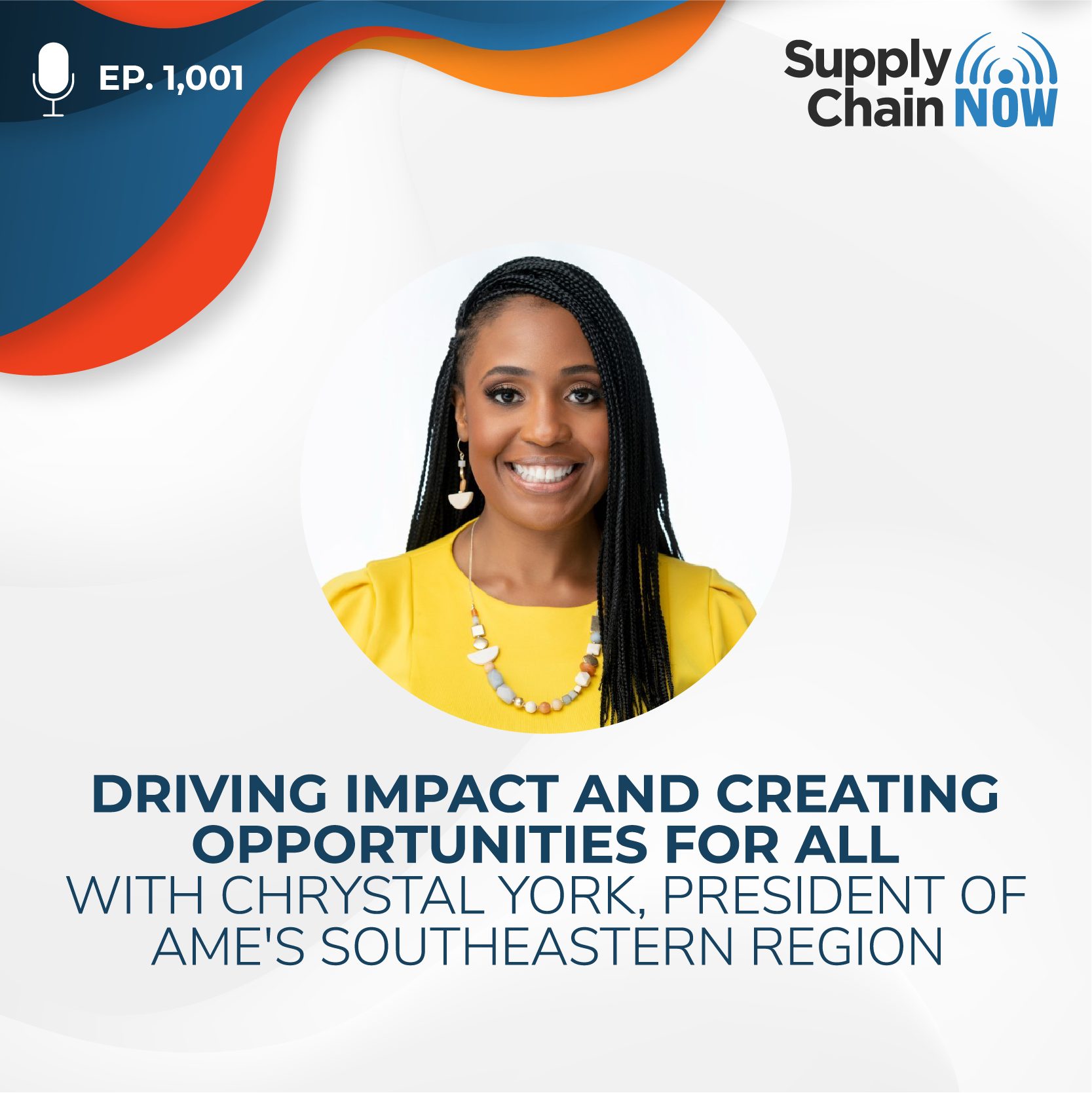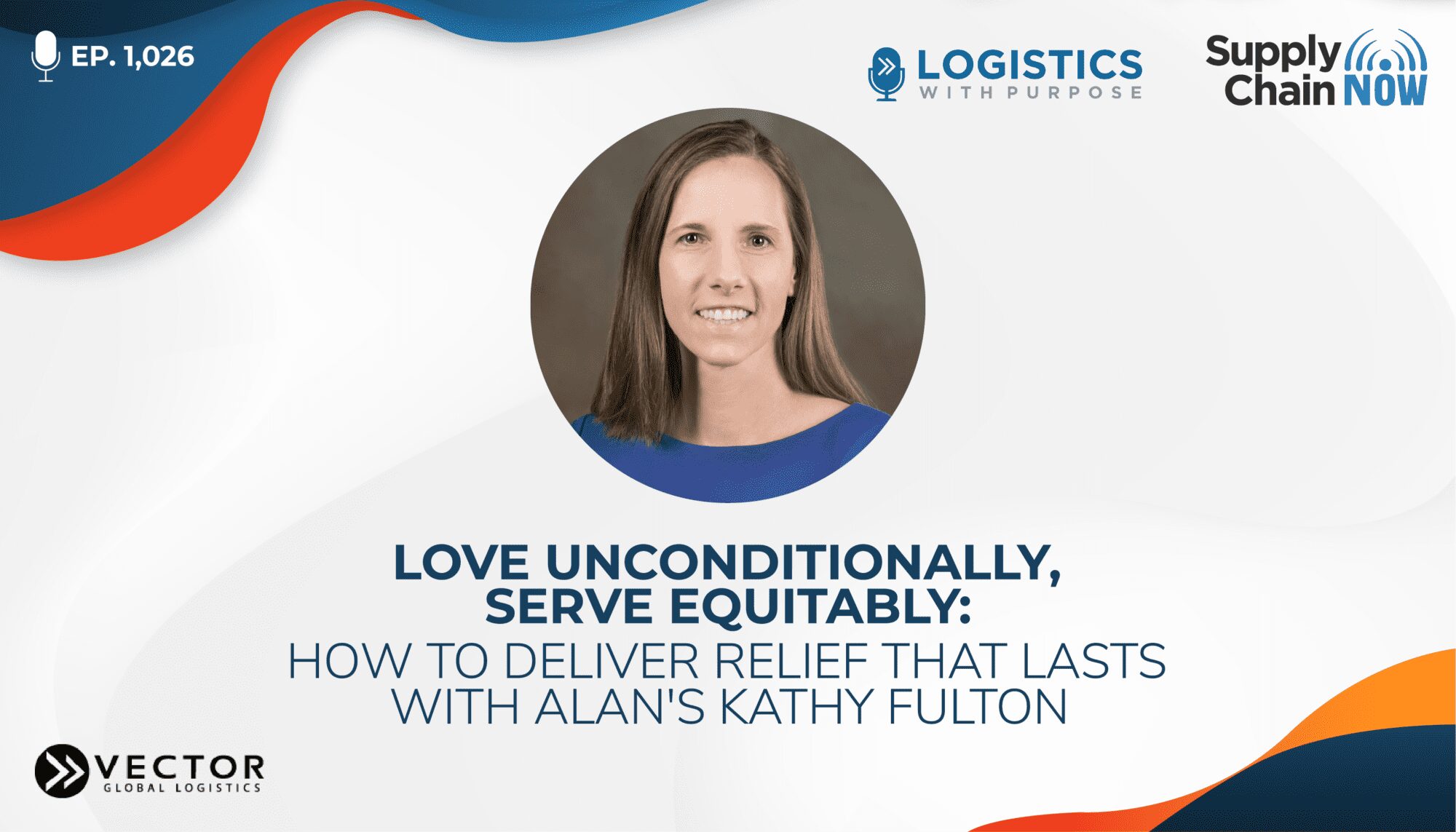
Don't get so caught up in dealing with your current crisis that you forget to plan for the next one.
-Kathy Fulton
Episode Summary
As Florida braces for Hurricane Nicole in the wake of Ian’s devastating damage, many are wondering how to lend a hand to those in crisis. In this episode, Scott and Maureen discuss disaster relief with the American Logistics Aid Network Executive Director Kathy Fulton. Listen in to learn more about how a crisis creates long-term needs long after news coverage subsides, what it takes to serve those needs, how to take a “deeds, not words,” approach, advice for leaders and supply chain students, and more.
Episode Transcript
Intro/Outro (00:03):
Welcome to Supply Chain. Now the voice of global supply chain supply chain now focuses on the best in the business for our worldwide audience, the people, the technologies, the best practices, and today’s critical issues, the challenges and opportunities. Stay tuned to hear from those Making Global Business happen right here on supply chain now.
Scott Luton (00:32):
Hey, good morning everybody. Scott Luton and Maureen Woolshlager with you here on Supply Chain. Now welcome to today’s show. How you doing?
Maureen Woolshlager (00:39):
Good. How are you doing, Scott?
Scott Luton (00:41):
I’m doing wonderful. We’ve got one of our favorite repeat guests that’s out there, certainly moving mountains. We’ve be talking with this industry leader doing big things, especially to help those in need. One of our favorite conversations to have, in particular, Maureen, as you know this very well, our guest, our guest is helping non-profits find the logistics, equipment, expertise, and services they need to make things happen. So it should be a great show, Right,
Maureen Woolshlager (01:06):
Exactly.
Scott Luton (01:08):
So, with no further ado, wanna welcome in today’s guest here, Kathy Fulton, the executive director with the American Logistics Aid Network, also known as Allen Kathy, how you doing?
Kathy Fulton (01:19):
I’m great, Scott. It’s, um, a lot of fun to be with you and Maureen today.
Scott Luton (01:24):
Uh, agree. It’s been too long as you know, we’re big admirers of what you and your, uh, incredible team do. And Maureen, I’ll tell you, we’re tickled to get started, uh, talking back again with Kathy Fulton, you ready to go, Maureen?
Maureen Woolshlager (01:35):
I’m ready. Let’s
Scott Luton (01:37):
Do it. Right. Buckle up. Here we go. So, I wanna start with, before we get into kind of the business of what you do and all the, the great work, uh, and, and very practical work that y’all are doing to help folks, um, um, that, you know, are, that need the help, uh, let’s, let’s back it up a little bit and for the three people that may have not caught one of your interviews out there, or, or a couple of your appearances here, let’s refresh your memories a bit. So tell us about yourself, Kathy. Full.
Kathy Fulton (02:05):
Um, well, thanks for the question because, uh, you know, my favorite subject is always myself. I’m kidding. My favorite subject is Alan, but I’ll, uh, talk about myself in context with that. So I’m the executive director for the organization. Um, and I’ve been serving in that role since 2014. Um, but I hung around, you know, a few years before that as a volunteer and as a, uh, as an operations person. Um, but my background is not supply chain. My background is not disaster. My background is not even nonprofit work. Um, actually an old IT person from a third party logistics company, um, that kind of got voluntold to, uh, you know, hey, there’s this nonprofit that needs help. Um, and it aligned with it, it checked all the boxes for me. You know, it aligned with all of the passions, uh, that I’m, I’m really, you know, excited about, which is helping people, um, using other people’s skills, I guess. You know, I don’t have any skills. I just, I let I convince other, I convince other people to do things. Um, but, but using those skills that, um, you know, that businesses are, are doing every day, um, to help in the nonprofit, uh, and disaster perspective.
Scott Luton (03:24):
So, Kathy, we’re gonna dive a lot more into that in, in just a second. Uh, I love the, I love the phrase voluntold. Maureen, have you ever been voluntold to do anything? I know I have.
Maureen Woolshlager (03:34):
Yes, I have
Scott Luton (03:35):
<laugh> and we’re better off for it, right? Yes.
Maureen Woolshlager (03:37):
Mm-hmm.
Scott Luton (03:38):
<affirmative> <laugh>. So I love that.
Maureen Woolshlager (03:39):
My husband’s in the military, so we get that a lot.
Scott Luton (03:41):
<laugh>. And Kathy, you’re also, uh, very humble. Uh, you, uh, as we all know, Maureen and I are big, being big fans, you’re bringing a lot to the table. It takes a really special, um, um, cross-functional skill set to do what y’all are doing, and you’re doing, Um, your last appearance, we talked a little bit about your upbringing and, and we’re gonna dive into kind of what Alan’s doing and, and all the operations there. But refresh my memory there. Where did you grow up?
Kathy Fulton (04:09):
Yeah, so I grew up in this little town called Naish, Louisiana. Um, home of Steel Magnolias and, um, uh, numerous other, you know, uh, films. Um, but yeah, it was a really unique place to, to grow up in the middle of the country, far from the big city. Um, and I, I think that, you know, a lot of that has informed who I am as a person just from the, uh, you know, the community aspect of the small town life.
Scott Luton (04:39):
So you read my mind of where we’re going in second, but I’m gonna quick take a quick departure cause Maureen and I, uh, everyone knows listen to supply chain now. We love talking food around here. And when I hear the word Louisiana, man, so what’s one food dish that, that was inseparable from your childhood?
Kathy Fulton (04:56):
You know, <laugh>, So my mom is a Yankee was a Yankee, So, um, we didn’t grow up eating a lot of the, the really traditional Louisiana foods, but now it’s, it’s gumbo like, oh, you know, that just, that takes me back more to, more to college. I went to college in the same town where I grew up, but, uh, yeah, you know, good gumbo. You just can’t go wrong.
Scott Luton (05:21):
Oh, you had me a gu, you had me a gu.
Maureen Woolshlager (05:24):
That looks hungry right now. He looks physically hungry. It must be that tasteless water he is drinking.
Scott Luton (05:30):
Oh, man. Thank you so much, Maureen. And I’ll just, I’ll put this, uh, sparkling water is my go-to. It’s like a calorie and a half, but, uh, anyway, it’s cold, not just, just not tasty. But anyway. So Maureen, uh, we’re gonna, we’re gonna find out a role model, uh, here in a second on, on more serious, uh, side. But Maureen, if you, when you think of, um, uh, whether it’s Louisiana, traditional, delicious cuisine or something else from your childhood, what, what’s, uh, what, what’s this food talk conjuring up in your, in your mind?
Maureen Woolshlager (05:59):
Well, so I’m actually from up in the northeast, so the food is a little bit of a different type of cuisine. So growing up, we always had scrape on Sundays. I don’t know that I need to tell our viewers what that is. You guys can, um, I don’t actually meat anymore, but growing up, just the smell of scrape takes me back to Sunday breakfast with, you know, my extended family. And, uh, yes,
Kathy Fulton (06:29):
Maureen, because my mom was from New Jersey, I almost said, Well, it’s probably scrapple, to be honest,
Scott Luton (06:35):
<laugh>, most
Maureen Woolshlager (06:35):
People dunno what it, it is. And I, I know that there’s a lot of interesting meats out there. Um, and it’s, I don’t, I didn’t give up meat because of scrapple is just something I grow
Scott Luton (06:45):
Away. The scrape industry is very appreciative of your clarification. Yes.
Maureen Woolshlager (06:51):
But, but definitely there’s a certain just memory you have when, you know, you think of Sunday breakfasts and, you know, I had a, my extended family close by. And, um, the, the smell of it, it’s not bad. It’s like a bacony type smell. Um, but, uh, that’s, that’s what I think of as far as cuisine. Yeah.
Scott Luton (07:10):
Love that. Uh, and, you know, the military, uh, being in the Air Force, uh, I don’t know if we had real genuine scrape, but we had what they call blank on a, on a shingle. Right. And I let folks, you know, kind of put those, those words together. But, uh, alright, so moving right along, uh, on a more serious note. So again, you have been part, if I, if I piece this together, right? Uh, Kathy, you’ve been a part in some level of Alan’s mission since 2010, Right? Initially kind of voluntold and as a volunteer. And now of course, as executive director. And I’ll point in between that takes a lot of passionate and, and deliberate, uh, mission to help others. And, and as we’re talking kind of pre-show some days I bet, or it’s like top of the mountain and other days as you’re seeing and experiencing some of what folks are going through, you know, you need to have that DNA in your bones that keep you moving forward. So, with that said, who is someone from your past that really inspired you to tirelessly serve others as you do?
Kathy Fulton (08:10):
Yeah. You know, I’ve been really fortunate to have a lot of really just phenomenal role model models. And I’m actually gonna talk about my parents for a minute before I talk about my professional career. Um, because I had the mom who was not the traditional, like classroom mom. She worked and, you know, did all of those things. But she also was able to go out and volunteer and she coached softball and she ran the, the little league, you know, uh, the, the league for the little league. Um, so like, just seeing that a woman in a man’s world, I, I think, influenced me greatly, um, as a kid. And then my father, um, is probably the person who taught me how to love unconditionally and serve equitably. Um, he was a college professor, grew up in the sticks backwoods of Louisiana. Um, and, you know, ended up with a PhD in microbiology of all things. Um, but he had, uh, he, he was the person who talked to the janitor the same way he talked to the president of the university. And for a kid to see that and to understand that there’s no difference, uh, from a human level in, you know, these two people, uh, is, is I think really just had a tremendous impact on me. But, you
Scott Luton (09:36):
Know, really, really quick Yeah, go ahead if I can. Cause I love, I love your answer already. And, you know, over the weekend, I like taking my son, Ben, on Saturday mornings when we try to grab breakfast together, and I do it as we can, and usually you do, we do mom and pop places, but this past weekend we did Wild Flo, Right? Which I’m never gonna turn down to pat him up plate from wla, unfortunately. But hey, that aside, But you know what, I was struck as I went into the waffle, Flo, I noticed something for the first time. They had signs put up in the entrances and those windows, you know, and it basically said to paraphrase, Hey, treat our associates with, with kindness, right? Be nice to our, our team members. And I’m like, Man, I love that on one hand, but on the flip side, if that’s what we have to do, to your point of speaking of just being kind to everyone, regardless of, of your interaction in life, man, it’s kind of, it kind was a gut punch. But, uh, respond to that Cathy, if you would. And then I knew you got another role model or two to share with us.
Kathy Fulton (10:34):
You know, I, I had a similar experience that I, I caught myself in today, Scott. Like, I was, I had some travel difficulties today, let’s just say. Me
Maureen Woolshlager (10:45):
Too, Kathy <laugh>.
Kathy Fulton (10:46):
Yeah. And so, so I decided, you know what? I’m just, I’m gonna treat myself a little bit. I went into a coffee shop, nearby hotel, and, um, like things just weren’t going well. And I, like, I started to snip at the barista, um, and I ca and she responded with like, the most positive attitude, like ever. And it just, it was a punch to me to say, What are you doing? Like, the sun is shining, the sky is blue, you are, you know, uh, in this great city and you’re gonna, you know, be mean to somebody because you’re having a bad day. Mm-hmm. <affirmative>, it’s, you know, uh, and I think we all need to to remember that. Um, it ain’t about us, right. Ultimately.
Scott Luton (11:38):
Yeah. Well said, well said. Hey, Maureen, quick, your quick comment along those lines before we get back to, uh, Cathy’s role models there.
Maureen Woolshlager (11:45):
Yeah. Cathy, I was gonna say, when you had said, um, love unconditionally serve equitably, that, was that how you, you said it? Yeah. Yeah. I, I wanted to write it down because I thought that was just a great motto to have regardless of where you are and what you’re doing, um, to not apply any sort of prejudice to, to any sort of relationship or interaction that you have and kind of, you, you don’t want to have those reminders when you’re not doing it. But it’s a good motto to have
Scott Luton (12:16):
ISN though. And we’re all human.
Maureen Woolshlager (12:17):
She’s straight, right?
Scott Luton (12:18):
Yeah. We all have those moments of weakness, right? Mm-hmm. <affirmative>, what a great call out Maureen. And now we have our podcast title. We’ll see if that sticks. <laugh>. So Cathy, Love you’re gonna offer. That’s
Kathy Fulton (12:31):
Right.
Scott Luton (12:32):
That is right. So you were gonna offer, I think, one other, one or two of the figures, uh, from your journey.
Kathy Fulton (12:37):
Yeah. Just, just one other, and, you know, you can’t really talk about Alan without talking about our founding president, Jock Mens, um, and another person who loved unconditionally and served equitably. Right. Um, and Jock unfortunately left us way too soon, nine years ago this year, which is astonishing to me to think that it, that it’s been that long. Um, but he, you know, Jock had this way of breaking down silos. Um, and so much of the work that Alan does is working between businesses and nonprofits, or businesses and government. Um, and I think every day, um, there’s something that reminds me of Jock, and I know that my decisions are, are influenced by him. It’s just a reminder that, you know, he had a way of, of showing, Look, we’re all on the same team after a disaster happens. We want people to eat, we want them to be hydrated, we want them to have medical care, and they need a place to stay, Right? That’s it. Um, it doesn’t matter, uh, how it happens, whether it’s government providing it, or businesses providing it, or nonprofits providing it, it all takes logistics, and we can all figure out how to do that better together.
Scott Luton (13:50):
I love that, Kathy, and, uh, Maureen, your comment there, and you can roll, Let’s roll right into our, our next segment here with Kathy Fulton.
Maureen Woolshlager (13:56):
Yeah. Kathy, so I was gonna say for our audience who might not be familiar with Alan, would you be able to just give us a background of who they are and what they do, and then kind of into your role as executive director, maybe what your favorite aspect is, or kind of give a bigger picture for the group so they can kind of tie in what you’re saying with all the other touch points we’re talking about?
Kathy Fulton (14:18):
Yeah. I, and I hope it comes through that, um, who I am or, or that who I am as a person greatly influences how the organization works. And I hope that that’s the same for all leaders that, you know, um, that, that they bring something good to their organization. Um, but I, I’ll talk a little bit about what we do. Um, and, and honestly, it’s a few different things, um, but all of them are focused on helping communities that have just experienced a really bad day from a disaster. Um, and so, you know, after a disaster, a lot of nonprofit organizations will go into this, into communities or nonprofit organizations that are already in the communities, um, to help with cleanup efforts or to help with, um, providing food or shelter or hydration. Um, and we are working with those nonprofit organizations, uh, to help them find access to donated or discounted logistic services.
Kathy Fulton (15:13):
I, I, you know, on the, the flip side of that, we’re obviously that requires businesses who provide those services. So we want to make sure that those businesses themselves are staying in business, and that means getting the information that they need to keep their own supply chains moving. If they’re, you know, putting the oxygen mask on themselves first. If, if they’re not helping their own, um, employees and their own business, then they can’t help, uh, other people in their community. Mm-hmm. <affirmative>. Um, and then finally we work with government, uh, you know, as we’re in touch with businesses all the time and nonprofits all the time. Um, and so we want government to understand, hey, what’s really happening with supply chains during disaster? Um, government has, you know, scarce resources, right? They, they, I mean, from a, I should probably qualify that to say they can spend a lot of money and get a lot of things, but what they have at their disposal initially, um, is small.
Kathy Fulton (16:10):
And we don’t want them cannibalizing private sector, you know, preexisting supply chains, right? So, yeah. So, you know, we want government to use those resources wisely. Um, and then we do a couple other things. Like we, we have educational activities. We bring all of our industry association partners together every couple of weeks to talk about hot topics. Um, and I think the thing that I love doing the most that I get this from my dad is just bringing people together, whether they’re public, private, nonprofit, um, building those relationships that, um, support resilient communities. You know, we can bounce back faster from a disaster. So I just, I mean, you know, you asked about like, what’s my favorite part of it? And it’s seeing how all of that comes together and the good things that happen when, um, when a disaster occurs.
Scott Luton (17:04):
Marine, Love that. Huh? I was just gonna say, I, I think, uh, all three of us here are involved in, uh, in, in charitable initiatives, right? Of all sorts and, and, and, um, scopes and whatnot. But I can only imagine, Cathy, the, and Maureen, love to get your take here. Can you imagine when you see, you know, the results of weeks, hours, days, weeks, whatever, you know, marshing cutting through all the, and um, I’m gonna say red tape. I don’t, that’s not a slam on any aspect of the whole ecosystem. It’s just, it’s really just, you know, or different organizations, different people in different parts of the solution. And they all probably struggle to communicate and, and really get the most out of what are limited resources out there, there. So after all of that work to see aid get to where, and the people and the families that, that, you know, they’ll benefit so much from it. I can’t imagine Marine a more fulfilling part of what you do day in and day out, huh?
Maureen Woolshlager (18:04):
Yeah. And Kathy, I wanted to ask for your team. Is it, what would it be like half and half volunteers and people on staff? Or what’s the breakdown of that so people can understand, you know, the, the sort of resources that go into just the organization that you’re working in running?
Kathy Fulton (18:22):
Yeah, that’s a great question. We’re actually really small team. Um, so I’m the only kind of full-time staff. And then we, we work with, um, some contract staff to help with, um, some of our communications activities. But all of our operational activities are done by volunteers, right? So that logistics coordination work, the, um, you know, matching the, the request to the, to the donation offers, just staying in touch with everybody. That’s all volunteers. And that’s because, you know, logistics and supply chain people are natural problem solvers. They gravitate to like figuring stuff out during a disaster.
Scott Luton (19:05):
So much truth right there. And you know what, Maureen, I don’t think I’ve ever, I think I’ve learned something new. I think Cathy, I’ve, I’ve been fortunate to spend, I don’t know, three or four different episodes with you. I never knew that. Uh, so I can only imagine, uh, goodness gracious, the, the blessed star, the volunteers, I think was one to be outta tunes that that capture baby. But, uh, I love that. Um, so speaking of, and Maureen, you got to cover your ears cuz I’m gonna, uh, I wanna, uh, get Kathy to speak to something. Uh, anyone that listens to our podcast knows that I’m a big fan of Maureen and the Vector Global Logistics team. I think there’s very few organizations, um, that really they are intent on serving the greater good, far beyond just creating revenue far beyond of just solving problems. And, uh, love the DNA in that, in that culture in the organization. So, Kathy, uh, enough of that, uh, Scott, but, uh, Kathy, I think Vector was recently recognized by something, by your team, so if you could speak to that a little bit.
Kathy Fulton (20:07):
Yeah, yeah. Um, yes, yes and yes. Um, everything you just said. So, uh, every year, uh, Alan recognizes businesses who are doing exactly what you said, using their resources for good. So the work that they do every day to, to make money, to make a profit, we wanna recognize the ones who go beyond and are using those skills to make a difference. Um, and so this year Vector received our award for outstanding contribution, uh, to disaster relief efforts for all of the work that they’ve done, um, supporting the war in Ukraine, or supporting the response to the war in Ukraine. Right. Um, and what I really love about, um, and I don’t, I, Maureen, I don’t even know who, who actually nominated you guys, um, but we
Maureen Woolshlager (20:53):
Don’t either
Kathy Fulton (20:54):
Actually <laugh>, but I’m so glad
Maureen Woolshlager (20:56):
Know we had to go Nashville and you and I got to be in person and it was
Kathy Fulton (20:59):
Great. I I am so glad they did. And Scott, I’m gonna, you know this about Maureen and, and Enrique already, but what I love about the recognition is whenever, you know, I, I talked to Maureen and Enrique for the first time about it. The first thing they said was, How do we do more? You know, we’re very proud of, of what we’re doing, but we don’t wanna stop. We, we wanna be able to, to do more. And I love it when businesses are thinking from that abundance mindset rather than a, a, you know, a position of scarcity. Oh, Cathy, Honor. Oh,
Maureen Woolshlager (21:33):
Thank you.
Scott Luton (21:35):
Yeah. Uh, I really appreciate what you shared, Cathy. And, uh, you know, it, the kindred spirits here, uh, you know, between the two of y’all, your respected organizations, uh, I mean that this is how, uh, you join forces to move mountains. So I’m a big fan of both of y’all here and what you do. Cause it’s not lip service, right? Y’all go to work, do the work, go to work, go to work. Uh, Maureen, why don’t you, if any response, uh, from what Kathy shared, and then, and then we’re gonna dial it in on, uh, some of what Kathy’s been Cathy and her team have been experiencing here in recent, uh, weeks.
Maureen Woolshlager (22:07):
Yeah, no, I mean, Kathy, it’s great to see you again on here and be on the show together. Um, as we met last month in Nashville when Ellen presented the award to us, um, and I think this is a great avenue and audience to kind of share more of the greater good of what Alan’s up to. And so kinda considering recent events, I know that there’s another hurricane in the works right now, crossing our fingers that, um, it doesn’t grow to be the size that we just saw with Ian, uh, last month or the month before. But would love for you to share some of the things that you saw and the work that Alan did, uh, because that was, and still remains to be a, a major event, uh, that happened to, you know, a large group of, of our, the population here in the US and down in Florida. And, uh, I think it would be a great opportunity for you to, to talk about what you guys are doing there.
Kathy Fulton (23:01):
Yeah. It, um, so where do I even begin? You know, the, the, what we saw in Florida, I think is gonna end up being somewhere around the maybe fourth or fifth most costly hurricane to ever hit the United States. Um, well over, uh, 50 billion in damages at this point. I haven’t even seen, you know, the latest number. Um, but we had massive flooding. We had, um, you know, so, so many houses were, were affected. Um, so many businesses were affected. And I had, um, I live in central Florida, so I was able to, to go down and visit some of our partners, um, some of, of our non-profit partners who are doing the, the work down there. And just, you know, I, I’ve been to areas affected by disaster before, but I think because it’s my home state, um, it, it, it was a little closer to home.
Kathy Fulton (23:58):
It’s an area where I’ve vacationed before my husband’s family, uh, had had, you know, his, my mother-in-law was from there. So, um, just seeing that, And, you know, one of the things about flooding events is that people have to literally gut their houses, right? They have to pull everything that was on the floor up to however high out, and it’s out on the curb for everyone to see. And that is, it’s heartbreaking. Um, so, you know, you, you gotta think they, they didn’t have power. Their houses were flooded. Um, so they needed, you know, they needed access to hot meals, right? And so we were able to help, um, a number of organizations with their feeding efforts. That meant helping them find donated transportation to bring in the food that they cooked in these big, massive outdoor kitchens. It also meant groups like the food bank who are there year round, um, uh, and are now dealing with people who were never food insecure before.
Kathy Fulton (25:03):
This disaster has just pushed them over the edge. Um, and so now the food bank has seen double the demand. So we’ve been helping them with things like material handling equipment. You never, uh, you know, you never know the value of a pallet jack to a business. It’s a pretty minor expense on the books. But to a nonprofit who’s able to move, you know, three times as much as they were able to before, it’s huge. Um, and now we’re starting to move into, you know, like the, the, the, the daily feeding activities are, are kind of moving along. The food banks obviously are still there, um, but we’re looking more what we call recovery efforts. And that means things like helping people, um, rebuild their houses, right? Um, so we expect that there will be the need to move lots of building materials. Um, just last week we helped, um, the Habitat for Humanity Organization, um, move a truckload of mattresses.
Kathy Fulton (26:04):
Um, and I, I’ll just, if I can take a moment, um, when I had gone down to Fort Myers, um, I happened to, I needed to go check out this location, um, where they had set up what’s called a fuel point of distribution. I needed to go for some research purposes to get some pictures. So I’d driven by there and I said, Hey, there’s a mass feeding site. I probably ought go get some, some photos, just check on them, introduce myself, see if they need anything. I drove through this neighborhood, it’s called Harlem Heights, and, um, just randomly drove through this neighborhood. But when Habitat for Humanity contacted me, I said, Hey, why does this address, like where we’re delivering these mattresses look familiar? It’s literally driven by this community center. Uh, you know, and so when you think about that, like, you know, why, what put me, who put me in that community to see what that need really was, and, you know, I’m motivated to do my job anyway. Um, but really that motivation and that story that I could use to, to tell the, the trucking company that it, you know, eventually helped with that. Like, I, the need is there. I saw the mattresses pile on, on the side of the road. Um, and we’re always, I mean, we’re still working on Ukraine efforts, you know, had conversations this week, you know, it’s, there’s, there’s, it’s not gonna stop, Right? Right. Um, so yeah, lots, lots of activities happening.
Scott Luton (27:29):
So, you know, um, the, I think one of the things, so you’ve, you’ve, you’ve kind of talked about some of what you’ve personally seen and, and what had to be some heartbreaking journeys. Um, you’ve talked about some of the things, uh, that you’ve been involved with, the team’s been involved with to, to get, uh, to get done, get relief efforts where they need to be mattresses and, and, and more. Um, but talk about the current needs. So it’s a long pass when the tv CR and, and again, not to pick on anybody, but after, you know, all the, um, tv cr, you know, as a news cycle moves on, let’s just say it like that. And, uh, the imagery that we saw in the earliest hours and earliest of days, once that leaves our television sets and our laptops and whatnot, the need continues and it persists. Speak to that, if you would. And then also some of the great, uh, aspects of your site where it allows folks to really get, um, sees specifically where they can help a pallet jacket, as you said a minute ago, everyone takes those things for granted unless you don’t have one. Right? So speak to, uh, current needs and the need to, you know, keep finding ways of helping long beyond the new cycle and how folks can, can jump in and help.
Kathy Fulton (28:41):
Yeah. Yeah. You know, I mentioned the statistic and you know, how costly this was. Um, and I, I know sometimes when people think about southwest Florida, they only think about the, you know, the shiny beaches. Um, but this has a real impact. Uh, it’s also, uh, uh, one of the counties that was affected, uh, is the oldest county in the nation. Um, and so you have a lot of people who are older than 70, older than 75, right? Those people who are on fixed incomes don’t necessarily have access to the resources. They’re gonna need help, not just rebuilding, but just getting their lives back in order. And that’s not something that you can take care of in a matter of weeks. That’s something that takes months and years. And, you know, the organizations we’re talking to are looking at, you know, three to five year horizons at a minimum Wow. To be working, uh, in southwest Florida. I mean, just the, you know, I was driving the other day near my neighborhood, um, and happened to take a road that I hadn’t taken in a while and just saw all of these blue roofs and we’re, you know, one month, month and a half after the hurricane now. And they haven’t been repaired yet. So it’s not, it’s not something that just happens overnight. Um, and
Scott Luton (29:58):
When you say blue roofs, you’re talking about like tar?
Kathy Fulton (30:01):
Yeah, yeah, yeah. So, you know, um, roofs that have been damaged, you know, even my, my, we were very fortunate, but even, you know, my, my poor neighbor who’s, who’s older, um, you know, she still has damages that, um, you know, were kids are over there, you know, helping her clean up every weekend. So, um, it, it’s, it’s just, it’s not something that’s gonna go away quickly. Um, so I want people to know, like we’re, we’re in it for the long haul. We’ve committed to groups like Habitat to for Humanity, Um, uh, groups like the Food Bank, who are, you know, true passions of the community. They’re there year round, uh, day in and day out. Um, and help, we’re, we’re committed to helping them for the long haul, right? Um, and the way that that we do that is we post those, those needs, whatever those requests may be, we post on, on our website a a.org/operations. Um, and it’s also linked just from our homepage, allen a.org. Um, and you can go and see, hey, what’s needed right now. Um, and that changes daily as new requests come in, or, you know, new donors pick a pick them off the top of the list, and, uh, and we make that match. Um, we just move to the load of wheelchairs today, actually, which is, uh, also something that you don’t think about, right? Um, but there’s, there’s gonna be needs, uh, and ways to help for a long time to come.
Maureen Woolshlager (31:26):
And, and Kathy, with what you were saying with being in some of the older communities in the us, you know, it seems like there’s also just a need for physical help, physical labor, because if you’re 75 and you need to clean out the contents of your flooded house, it’s very different than if you’re 35, um, to be able to do some of that on your own. Um, so now there’s, you know, multi-generational assistance that’s needed if, you know, your, your children live near you and they have to do this to their house, but, you know, you might need the help as well. So,
Kathy Fulton (32:00):
Great point. And, and it affected a large, I mean, I think there are 24, 25 counties that have active federal disaster declarations. Um, you know, Yeah. I don’t even know how many people live in Florida these days. We’re growing, you know, a thousand new people every day it seems like. But, um, you know, that’s a, a big part of our, our population, uh, you know, all the way from, you know, way down in the keys, up to, through Jacksonville, right? Because it just, you know, it hit, um, just such a, a tremendous part of the state.
Scott Luton (32:34):
Um, alright, so we’re gonna pick your brain on some advice here in a second, but I wanna move, one of the questions I was gonna start to wrap with up to where we are now, um, cause we’ve already alluded to a couple different things. Um, you know, there’s a great page on, and I think you, maybe it’s the operations center. I’m not sure how you couch this page, but it is, you know, we love our details and specifics and global supply chain and logistics, that whole space. And it lists out all these various needs, you know, from, from, uh, what I’ll call smaller and maybe more technical to some, some bigger scope, uh, needs. So check that out at Allen a, uh, Allen a.org. Is that right, Kathy?
Kathy Fulton (33:12):
That’s right. Allen a.org.
Scott Luton (33:14):
But speaking beyond that great portion of the site, if, um, if folks were just ask you, Kathy, hey, how can, whether we have volunteers that need to be volunteered, all kid in there, but, you know, volunteers, resources, supply chain, infrastructure, money, whatever, how would you answer the question? How we can help?
Kathy Fulton (33:35):
All of the above. Um, I would say, um, logistics, services and equipment, uh, we’re gonna need them. Uh, you know, even if it’s not for Florida, there’s probably somewhere else in the country. So if, you know, if you wanna make an offer, we will find an organization that can, that can use what you have. Um, we always, I, you know, mentioned a lot of our work is done by volunteers. Um, and we always love to, to put people to work. And that could be anything from communications, uh, to, um, you know, doing logistics, coordination activities. Um, and then we ourselves are a nonprofit. We’re 5 0 1 c three organization. Um, so those financial gifts help us continue to do the work that, that we need to do. Um, and it helps, you know, it’s just a force multiplier for every dollar that comes into Alan, We’re able to move, um, north of $70 worth of humanitarian aid, just man. Yeah. The leverage there is pretty phenomenal, phenomenal. And it’s because of the business community who, you know, joins behind us to, to support the, our work.
Scott Luton (34:46):
You know, uh, and Maureen, this goes out being said in this wide world of, you know, why so many different non-profits and, um, you know, there’s tons of overhead and some, right? And not name names. You know, we’re, we’re being very positive, positively minded here, but I love what you just shared there, Kathy. Cause if you wanna, to any of our listeners, you wanna feel good about, you know, where your dollars and how far they go or resources you donate, and how far they go, and go back and listen to that segment. So if I got that right, for every dollar, you can transform that into what Kathy,
Kathy Fulton (35:23):
North of $70 of, of humanitarian aid.
Scott Luton (35:26):
Wow. Okay. Maureen, why don’t you, you react to that and then we’re gonna shift gears and pick, uh, get some advice from, uh, Kathy, or how about that, stretching those dollars out. Um,
Maureen Woolshlager (35:38):
Already I was just thinking what other contribution can you make that has such a large return on investment? And, and, you know, when you’re contributing or donating, you don’t expect the investment to come back to you. You’re making an investment in something else. And so, you know, $1 turning into 70 or $75, um, that helps others that, that’s pretty amazing, Kathy. So kudos to you and your team and, and how you make that happen. So we’re here to help spread the word for you.
Kathy Fulton (36:11):
Yeah, Thank you for that. And, you know, I think it’s really important that we, I mean, supply chains are global, right? And so, uh, maybe this disaster was in Florida, Maybe it didn’t affect your, you know, your individual supply chain directly, but the next one might. Um, and so keeping those resources prepared and keeping, uh, you know, and just keeping the lights on, knowing that, hey, somebody’s out there looking out for you when, when something bad happens, maybe we need to help your employees the next time we’re here for that
Scott Luton (36:46):
Man. Love that. All right. So folks, learn more@allena.org. That’s a L A N a I d.org. I get that right, Kathy, You got it. I failed plenty of spa. Uh, I
Maureen Woolshlager (36:59):
Was about to say, Scott, were you in the spelling bee?
Scott Luton (37:02):
I was about to add to e to a, but it’s not No, E allen a a i d.org. That’s right. Okay. So on a much lighter note, uh, we get a lot of feedback around, um, when we, we, we, uh, pick the brains for advice for our featured guests. So there’s two ways I wanna ask this question. Cathy and Maureen will welcome your comments based on Cathy’s responses. So, as we all know, shouldn’t shock anybody. Business leaders are constantly reviewing, especially in recent years, their risk mitigation approaches, contingency planning, modeling, you know, they’re hiring chief risk officers, which is a, um, you know, as long as, as it driving outcomes, I guess that’s a great move. Um, all for not just 2023, but far beyond, right? So what is one piece of advice, Kathy, you might have for business leaders going through those, those exercises?
Kathy Fulton (37:51):
Yeah. Um, I don’t think anything’s gonna get any better in 2023. Uh, you know, unfortunately everything I’m reading is that, um, uh, it’s, the turbulence is still gonna be the name of the, the game. Um, and I think my advice is, um, it is twofold. Don’t get so caught up in dealing with your current crisis that you forget to plan for the next one. Um, because there are some, there’s some midterm and long term things, uh, beyond the current inflationary pressures and worries about recession that, um, that I think, uh, our supply chains really need to be thinking about from a commodities perspective and access to, to equipment and changing governmental landscape. Um, so, uh, you know, on the flip side of that, or hand in hand with that is really, um, pay attention to the expert reports. Um, you know, Scott, I know you do a lot of reading and synthesizing, and I so appreciate, you know, the materials that, that you share. Um, but how do you figure out what those macro trends are, why you still figure out what they mean for you on a micro level?
Scott Luton (39:03):
Right? Uh, Kathy, that is, uh, golden advice. Uh, Maureen, your comments based on that first piece of advice.
Maureen Woolshlager (39:08):
Yeah, I was just gonna say, it’s very easy to get caught up in what is immediately in front of you, and you do need to do a little bit more digging and research to kinda see maybe some historical trends or think two or three steps beyond the immediate issue, um, in order, like you said, to course correct or plan, uh, for the next crisis or the next challenge, um, both personally, professionally, kinda, it’s, it’s all encompassing, I think. Um, but it’s very easy to get caught up in what’s right here in front of you Yes. And not step back and try and have like a bigger perspective on it and kind of see some of the other things that could come in and, and pivot the problem one way or the other.
Scott Luton (39:52):
Agreed. It’s so easy to get caught up in the headlines, Right? Right. And, and, and read that seven or eight or 12 words or whatever, and stop, you’re digging right there. And as, as we’ve really spoken to earlier in this chat, uh, about the need related to Hurricane Ian, if folks all stop to the headlines, man, we’d have a second disaster or maybe an ongoing disaster. We already have our hands full as is. So dig, dig, dig, look for that context and, and what, what the, the truth is out there. Um, okay, so Maureen and Kathy got one more question for you as we get some, hopefully some free advice. Uh, Cathy may send this invoice. We’ll see, uh, we’ll, we’ll knock it out too. But students, so all of our student listeners, whether they’re high school, they’re matriculating to college, it always surprises me whenever I can say the word matriculate. Cause it does not roll right off your tongue, right? But as these, as these folks are trying to break into global supply chain or really global business, any industry, and then, you know, uh, uh, go up through the ranks, right? Become senior leaders like y’all, Kathy, what is one piece of advice you’d have for them?
Kathy Fulton (40:54):
Well, I would say you couldn’t choose a better career than supply chain right now. Uh, you will be in demand with a, with a, a supply chain degree. Um, but I, I would say my, my real advice there is, um, make sure that the company that you’re chasing or the company chasing you aligns with your personal values first before you consider your professional goals. Cuz if it, if there’s dissonance, you know, with the company and your personal values, you’re gonna be miserable. Um, and it’s gonna slow down your career rather than advancing it,
Scott Luton (41:33):
Uh, Kathy. So it’s gonna be, if those two things aren’t aligned, you’re gonna feel the daily battle between what your job is and what you wanna do and what your values are in life. That is great advice. Maureen, uh, put you on the spot a little bit. If you had, if you had to speak to, you know, these students trying to find their way, what, what would be a, a simple piece of advice from you?
Maureen Woolshlager (41:54):
Well, Kathy, I feel like you gave me like an underhanded softball pitch on that one, just because I work for a company that kind of fits all those, uh, criteria. But one thing that I would say, because I did not study logistics or supply chain in college, I mean, I went, I went to Emory and I studied international studies in Spanish. So me getting into this field was, was luck. But I would say in retrospect, you know, one way to be successful in this field or any other is to seek out those areas of the field that you aren’t as comfortable or familiar with. Doesn’t mean you have to be an expert in it, but to become familiar with it, learn the terms, learn aspects of it. Because I do think that it is important if you specialize in something to also become a generalist in the larger part of that industry. Um, there’s a great book I’m reading right now about why generalists thrive in a specialized world. Um, it’s called Range. You guys should check it out. I haven’t finished it, but it’s, it’s pretty good. Um, there’s no plug. I don’t get any money from Amazon on that or anything. I can
Kathy Fulton (43:06):
Look.
Maureen Woolshlager (43:06):
Uh, but I think that it fits like both personally and professionally. Uh, the more well-rounded you are, the more that you can contribute and bring differing perspectives and ideas to the table, which only help, you know, an organization progress. I don’t think that they ever hinder it.
Kathy Fulton (43:24):
Love that, that that gives me hope for my career. Because like, I, I always feel like I never go deep on things like being a generalist, and now I’m happy I’m gonna check out the book Rains,
Maureen Woolshlager (43:36):
Right? Yeah. You know, I, I, I heard about it or I read something about it, and I thought that specialization right now is very, it’s a term I read about all the time, and I’m like, is it a generational thing that, or am I just missing the boat? And does this make me not, how can I contribute more to the company? How can I be more valuable, you know, individually and as a collective part of my organization? And, and I read it and it’s, I don’t think that’s, it’s generally intended as a business purpose, but, um, and I’m sure if you Google, you could find the, the name, it has a nice teal blue cover. Um, but yeah, I’d recommend it and, and for a lot of the listeners to check it out. But the concept remains, you know, um,
Scott Luton (44:19):
The song remains the same as Led Zeppelin once, same years ago, right? Range. Just y’all check that out. Um, and I would just add, uh, kinda along the lines of what both y’all both are sharing, you know, is so valuable and such time well spent to be exploring your horizons, exploring new pools, right? New parts of the, of the, of the, uh, ocean, right? And as Crystal York would say, she said on, on a show a month or two ago, I dare you, I dare you. So I dare to explore those horizons. You never know where you’re gonna end up, whether you’re a generalist, a super generalist, or someone that really focuses in on any particular area of global business. There’s value and all those, and all points in between. Okay, So I think we tackled this, but make sure you know, folks alan a.org. But, um, Kathy, how else, you know, beyond checking it out and getting involved and contributing on whatever level, as Greg White says, it doesn’t matter. Give small, give big, just give, Um, but how can folks connect with you and, uh, the Allen team?
Kathy Fulton (45:19):
Yeah, on our website, Allen a.org, our social media is pretty much Allen a across the board. Um, that’s the best way to find us. You know, there’s forms to fill out to, you know, if you wanna volunteer or donate, um, all of those things. And then people can just, you know, contact me directly, hit me up on LinkedIn or your favorite social media site.
Scott Luton (45:37):
Love that. And folks, as Kathy mentioned, um, you know, it, this, this current, some of the current disasters from Ukraine, uh, to Florida, to all other points, um, uh, Cuba and beyond, uh, may not have impacted you and your organization, most importantly, your team, but maybe the next one will. And, uh, it’s good to, it’s good to give forward as we say here and give proactively so that, um, um, and we can help those in need now or, uh, down the road. So thank you so much, Kathy. Uh, Maureen, uh, how can folks connect with you and the good folks over at Vector Global Logistics?
Maureen Woolshlager (46:13):
Um, if you can spell my first and last name, I will make Scott do it because I don’t wanna test him anymore on his spelling today. Uh, you can find me on LinkedIn or Facebook or Instagram. Um, but also more importantly than than Me, you can find vector vector gl.com. And from there you can normally access any, any of our employees directly from the website. Uh, so, and I’m sure that you always have all your blue hyperlinks and all of the,
Scott Luton (46:42):
You bet.
Maureen Woolshlager (46:43):
Post
Scott Luton (46:44):
This. So the episode
Kathy Fulton (46:45):
On board, My
Scott Luton (46:47):
<laugh>, Maureen, love that. Again, appreciate what you, uh, and the whole team do, uh, big fans there. Um, Kathy, thank you so much. Uh, exec director with the American Logistics Aid Network, also known, better known perhaps as Alan, uh, doing critical, critical work to help out so many different communities. Um, Kathy, thanks so much for your time here today.
Kathy Fulton (47:08):
Yeah, thank you and Maureen for having me on.
Scott Luton (47:10):
You bet. And speaking of Maureen, wonderful and always enjoy these, these shows where you join us. And most, more importantly than that, love your good work. Um, deeds, not words, what you’re always, you and the team are always up to. So thank you for what you do there, Maureen.
Maureen Woolshlager (47:25):
Awesome. Thanks for having me.
Scott Luton (47:26):
You bet. Okay. To our, our listeners, man, this is like a masterclass on a variety of levels, uh, of real leadership of, of, with limited supply chain in there, but really more, it’s more than just supply chain. It’s recognizing and rolling up sleeves and, and get the work, uh, with whatever you can do. So hey, check out Allen a.org, Jump into the fray. Uh, find a way, find a level that you can help support it with, with your wherewithal, resources. Whatever you do. Again, deeds, not words. Let’s take action together. On that note, uh, Scott Lut, on behalf of our team here at Supply Chain Now challenging you do good, give forward and be the change. Hey, be like Kathy Fulton and Maureen Walsh, Schlager, and on that note, we see next time right back here at Supply Chain now. Thanks everybody.
Intro/Outro (48:12):
Thanks for being a part of our supply chain now, community. Check out all of our programming@supplychainnow.com and make sure you subscribe to Supply Chain now, anywhere you listen to podcasts. And follow us on Facebook, LinkedIn, Twitter, and Instagram. See you next time on Supply Chain. Now.
Featured Guests
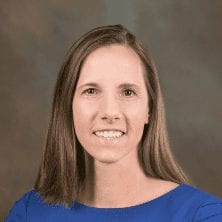
Kathy Fulton is Executive Director for American Logistics Aid Network (ALAN). She leads the organization in delivering logistics information, services, and equipment to ensure communities receive nourishment, hydration, and medical care during crisis. Ms. Fulton’s passion is the intersection of supply chain and emergency management, focusing on the critical role logistics and supply chain professionals play in disaster relief. She serves on national workgroups focused on efficient coordination of logistics activities during disaster and was a member of the National Academies of Science, Engineering, and Medicine consensus committee on “Strengthening Post-Hurricane Supply Chain Resilience.” Preceding her work with ALAN, Fulton was Senior Manager of Information Technology Services at Saddle Creek Logistics Services where she led IT infrastructure implementation and support, corporate systems, and business continuity planning.
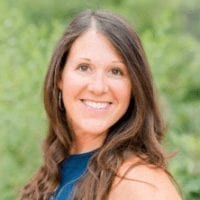
Maureen Woolshlager started her career at McMaster-Carr’s Management Development Program working in sales, marketing, distribution operations, finance and accounting. After McMaster-Carr, she spent a year managing operations in one of Target Corporation’s warehouses before finding a role within a small management consulting company in Denver, Colorado. She worked on large projects for international food and restaurant companies and advised on account management, business development, operations management, warehouse operations, continuous improvement and distribution center operations, and procurement/supplier/inventory optimization. She has spent the last 9 years living in Belgium & Germany where her husband has been stationed as a US Army officer. Maureen has her B.A. from Emory University. She earned a certificate in Management & Marketing from the Wharton School at the University of Pennsylvania & her M.B.A. from the University of Phoenix. Learn more about Vector Global Logistics here: https://vectorgl.com/
